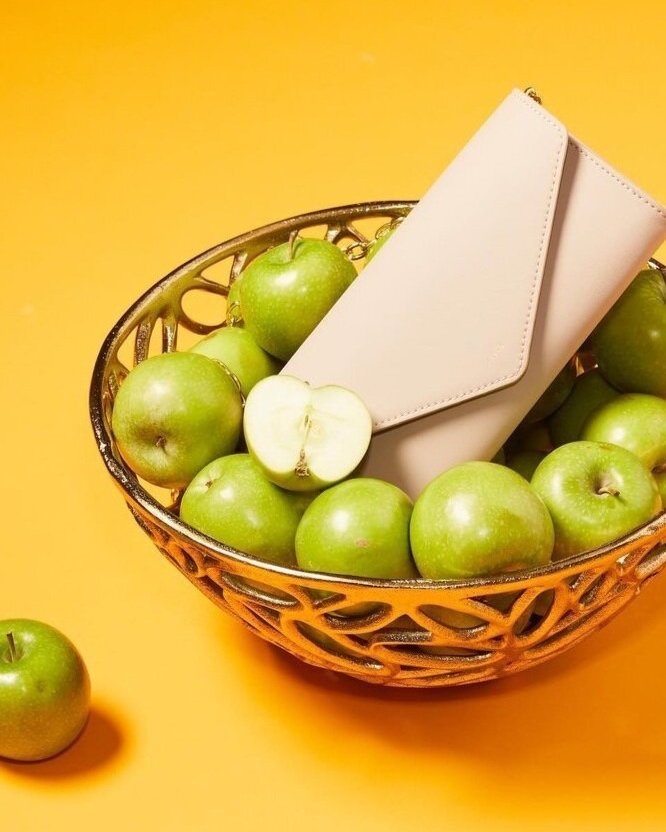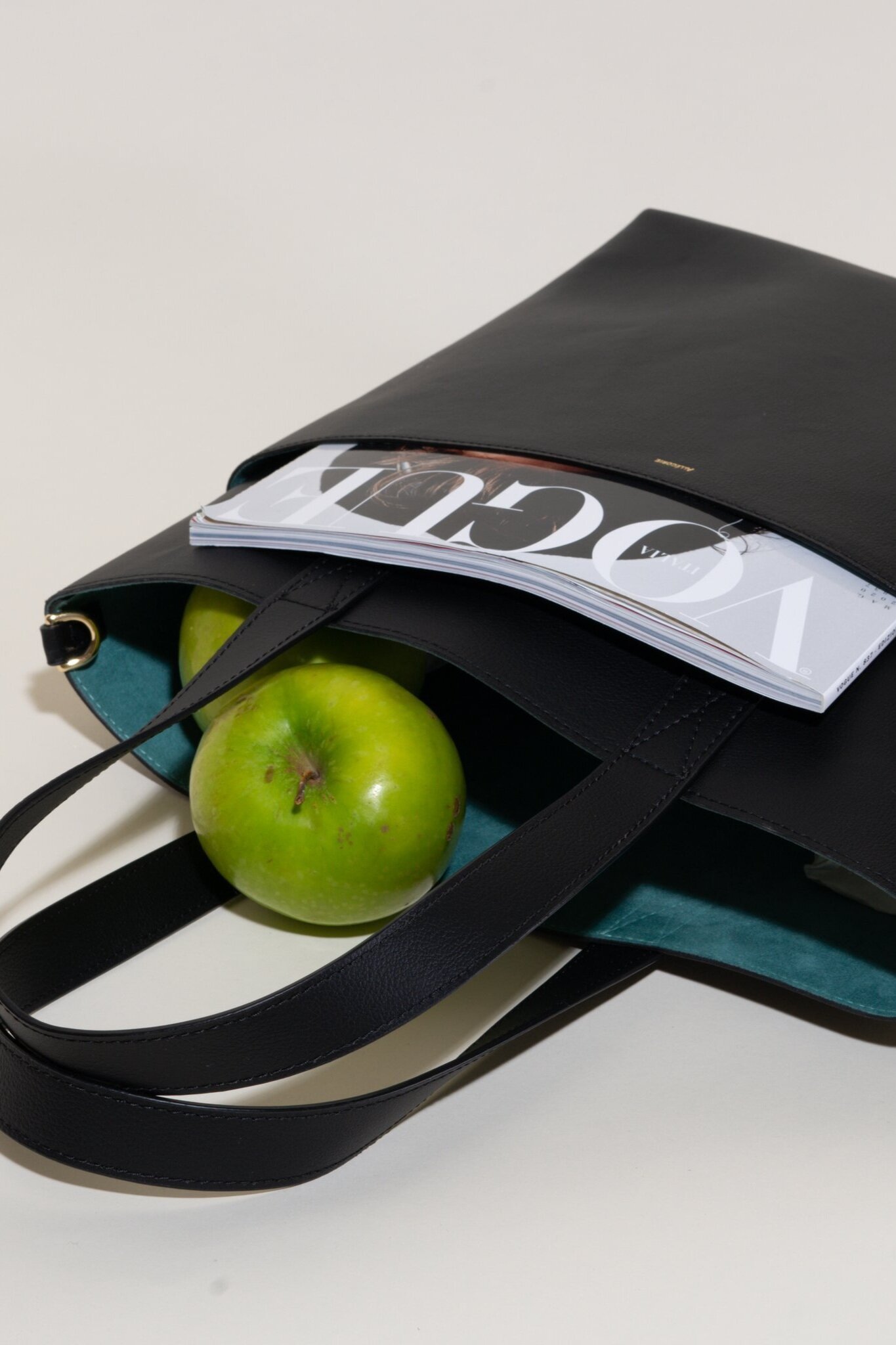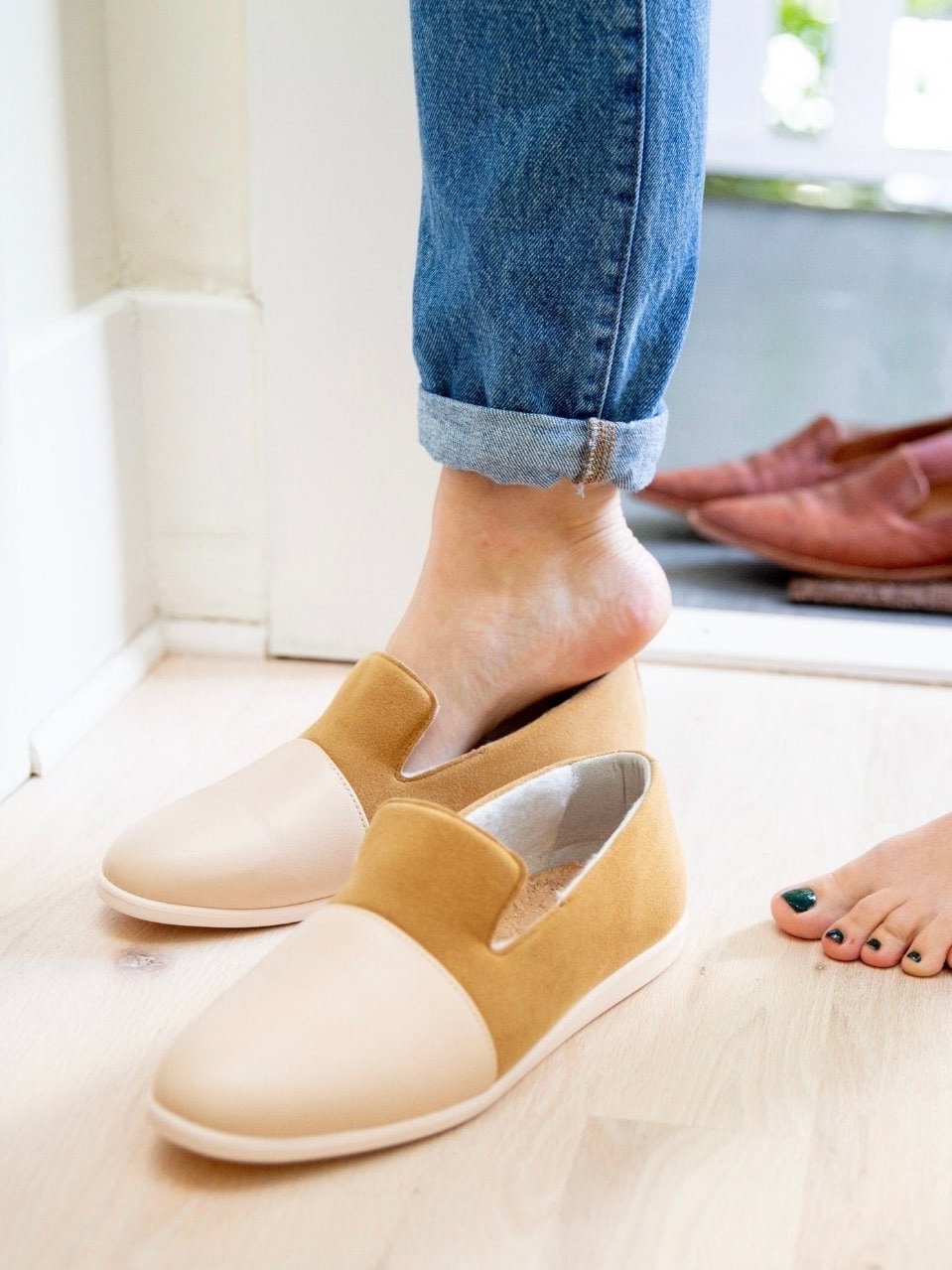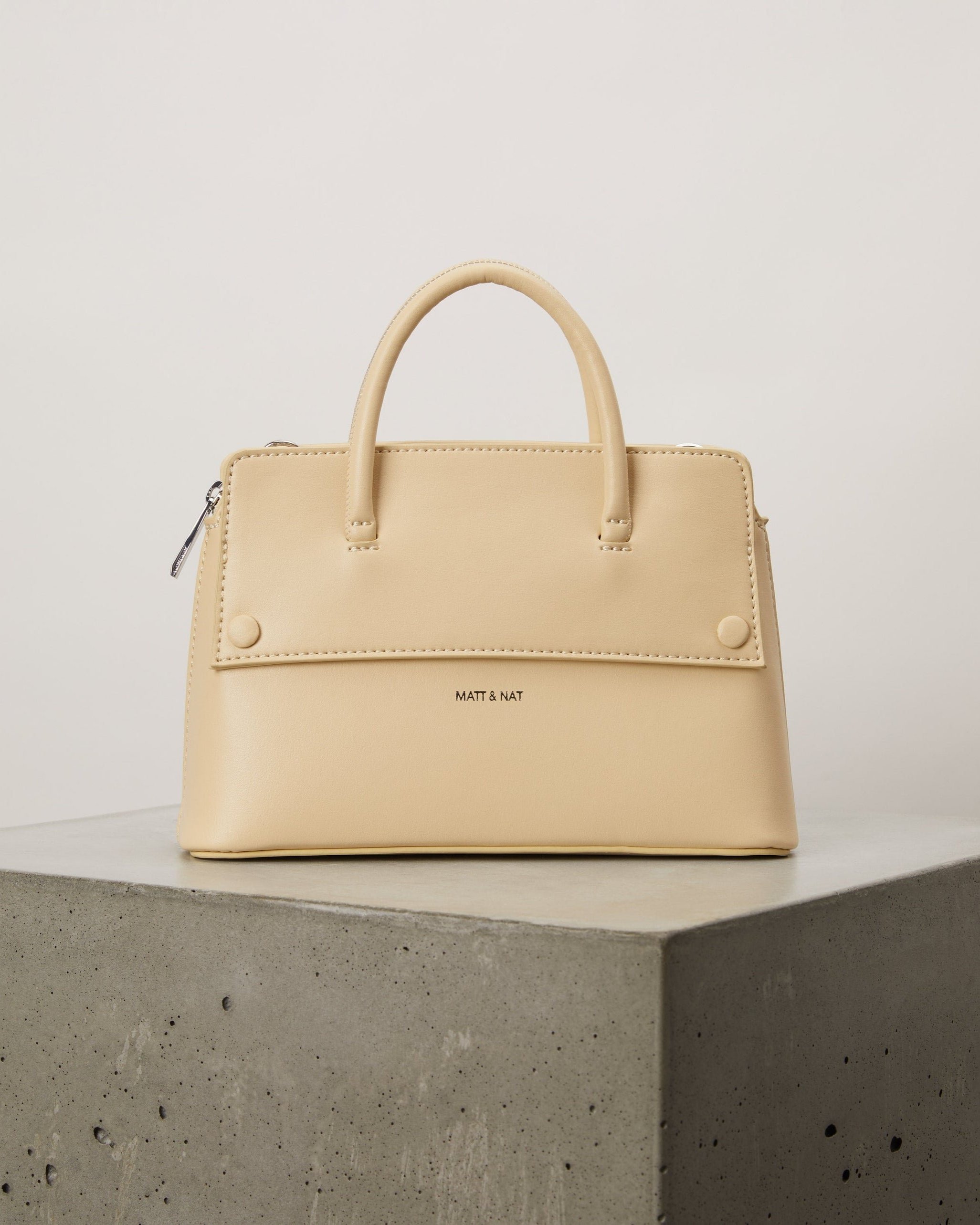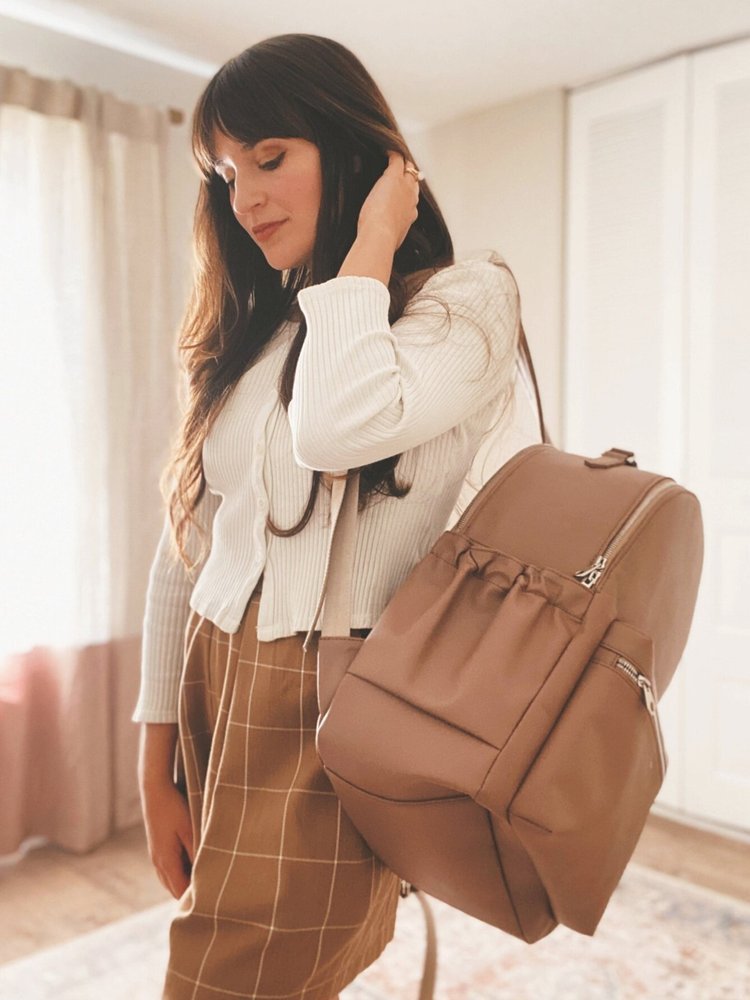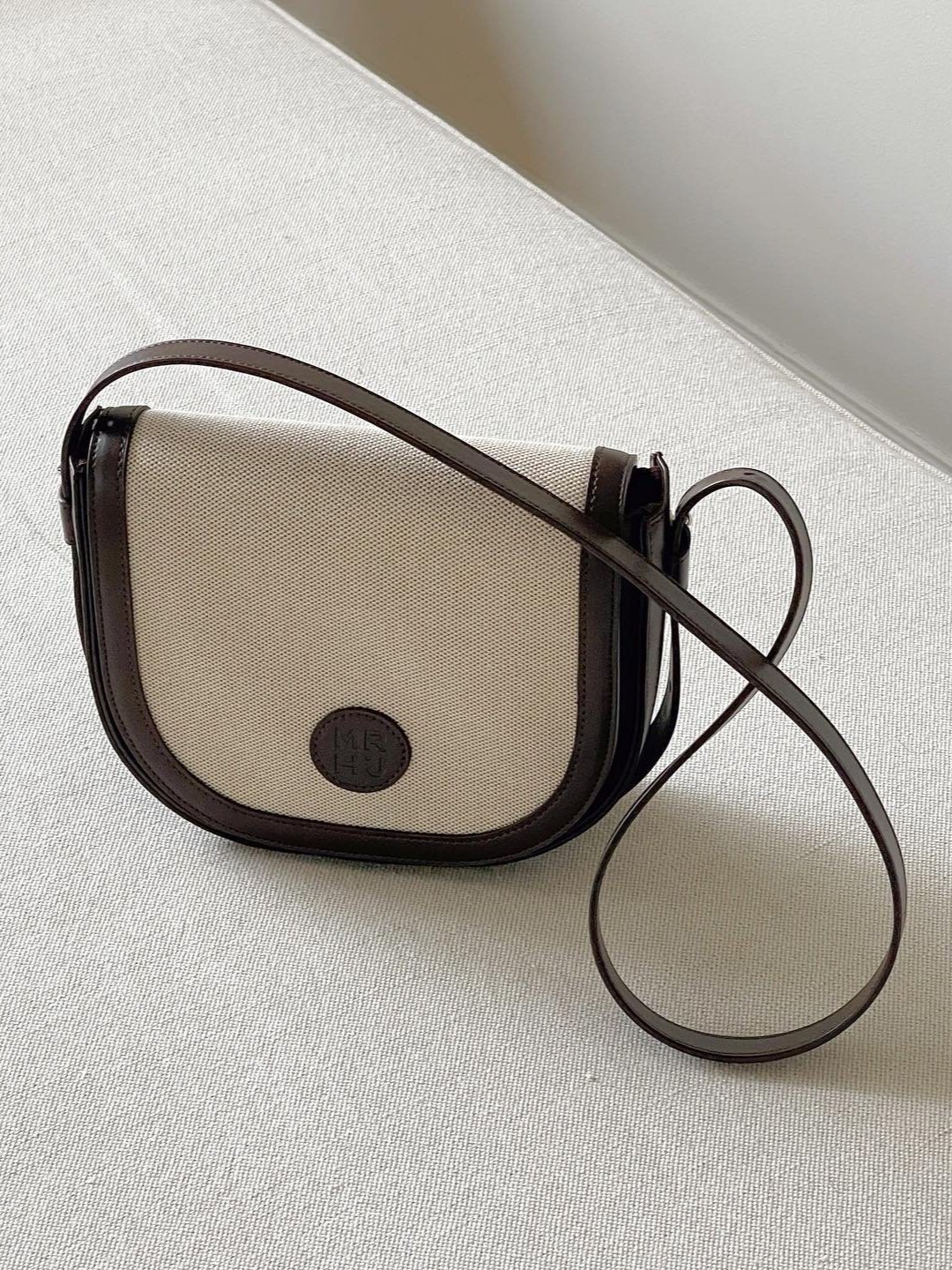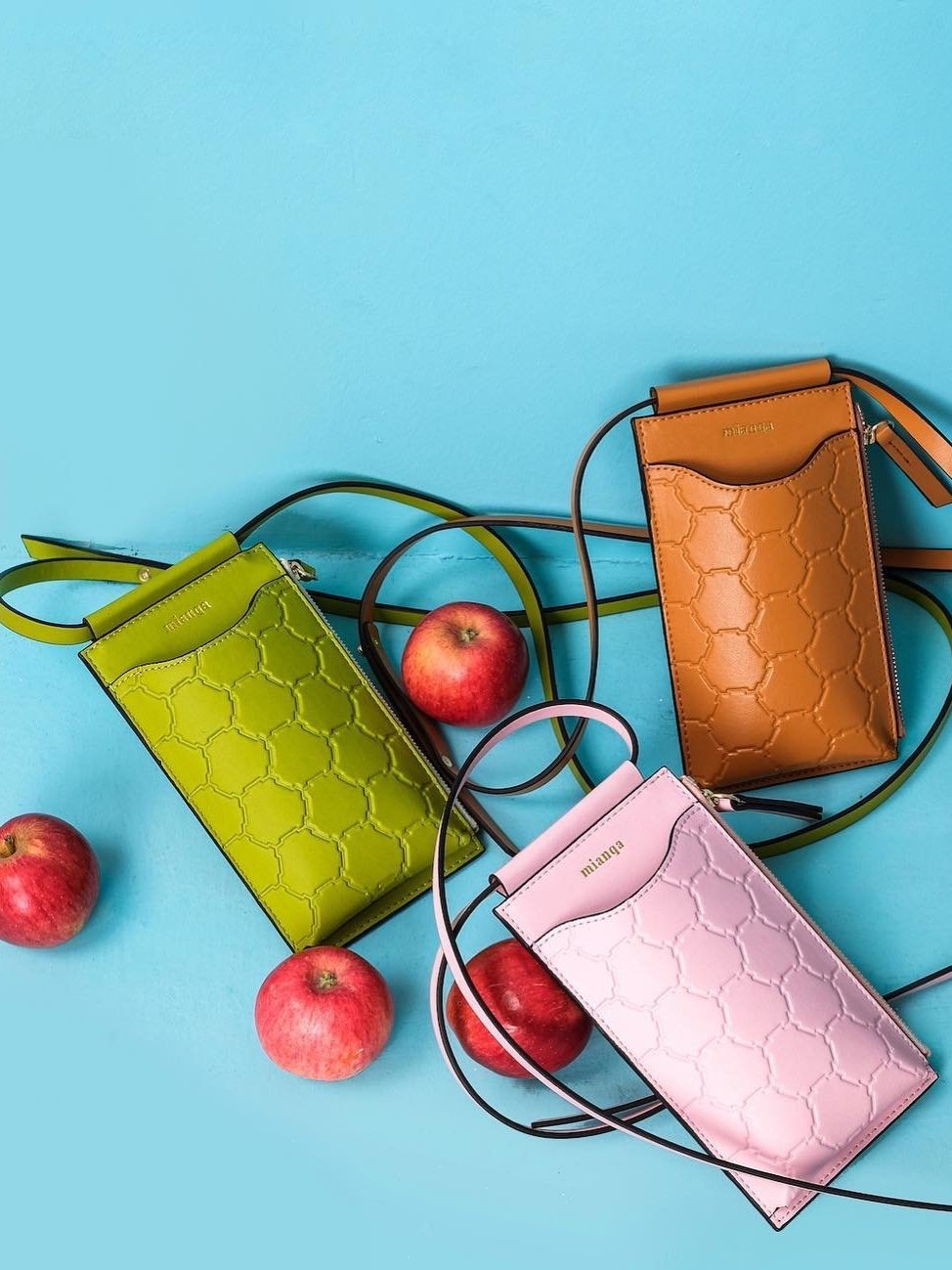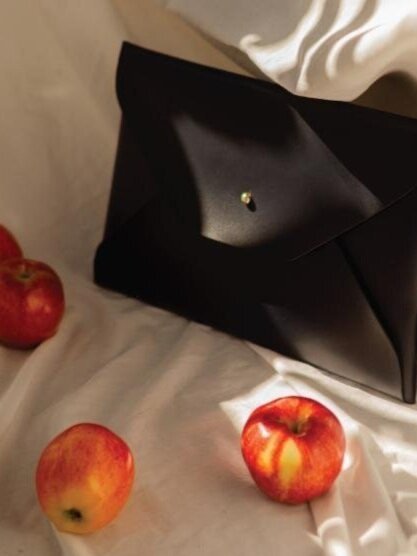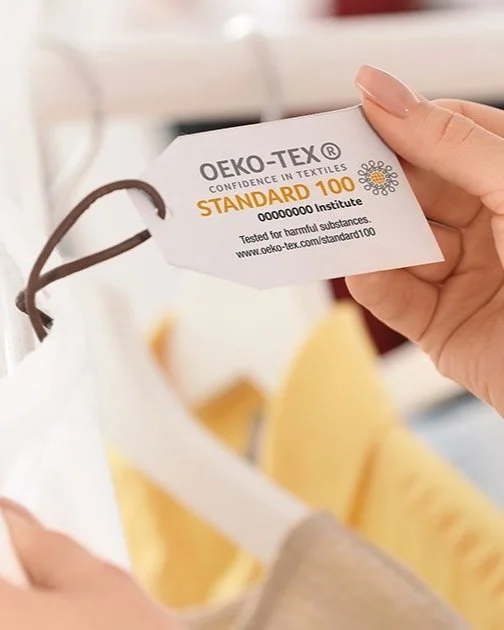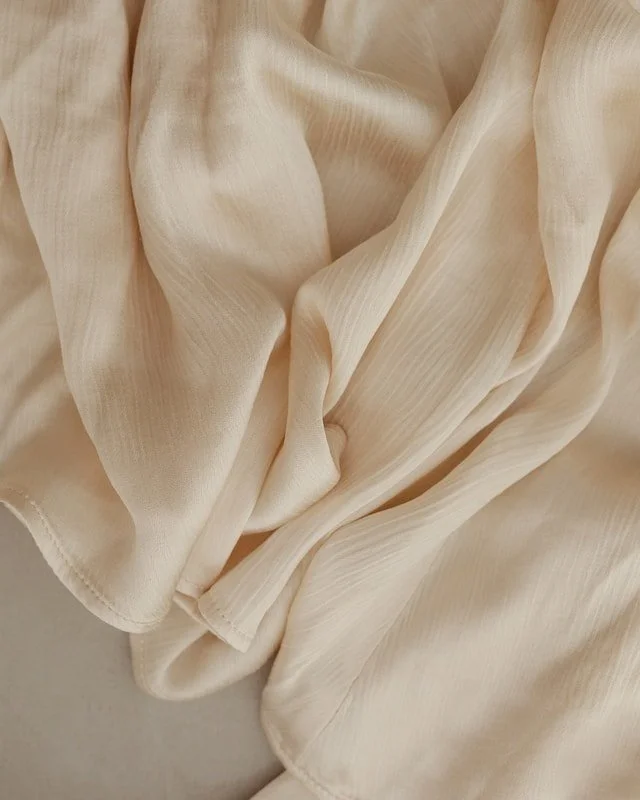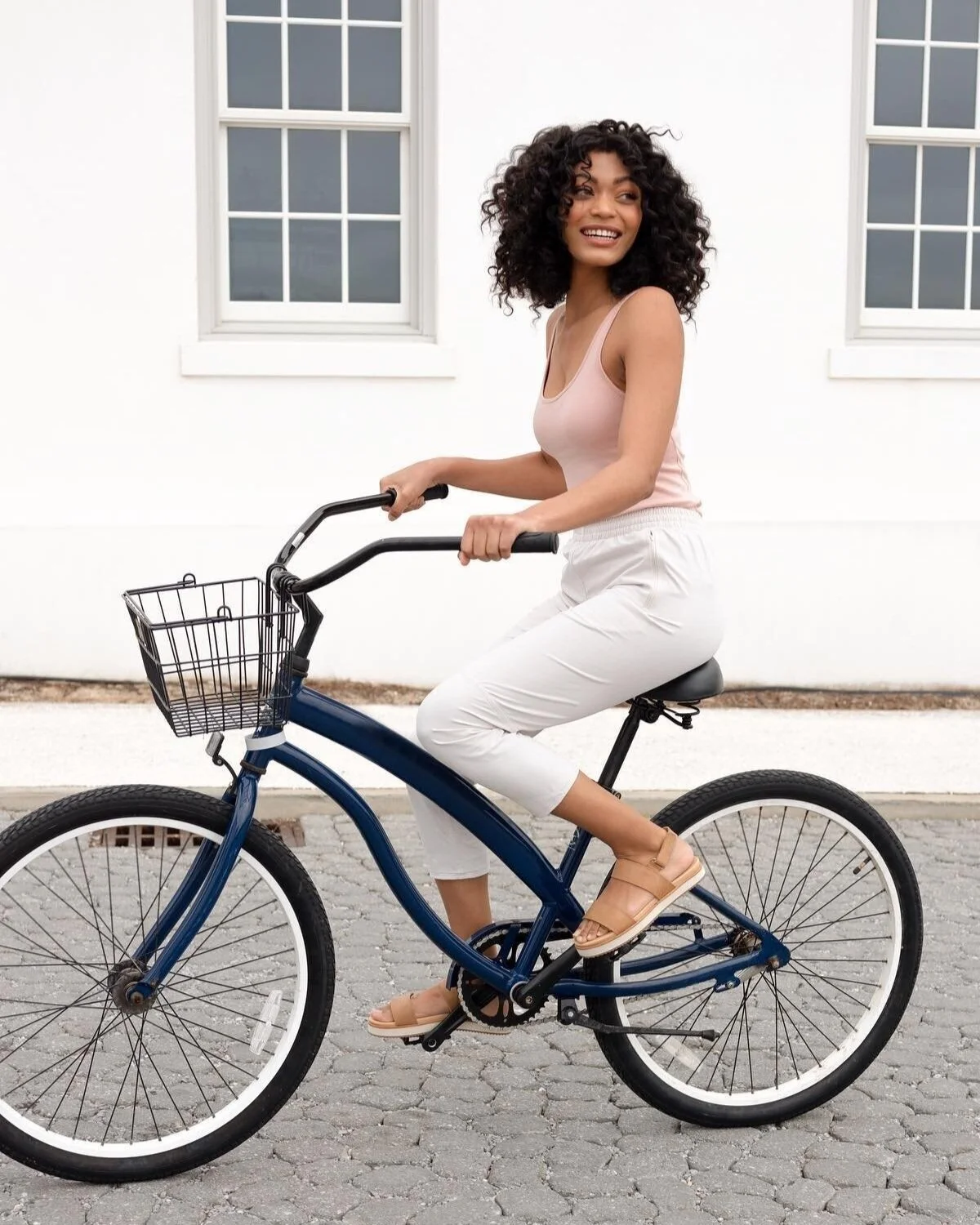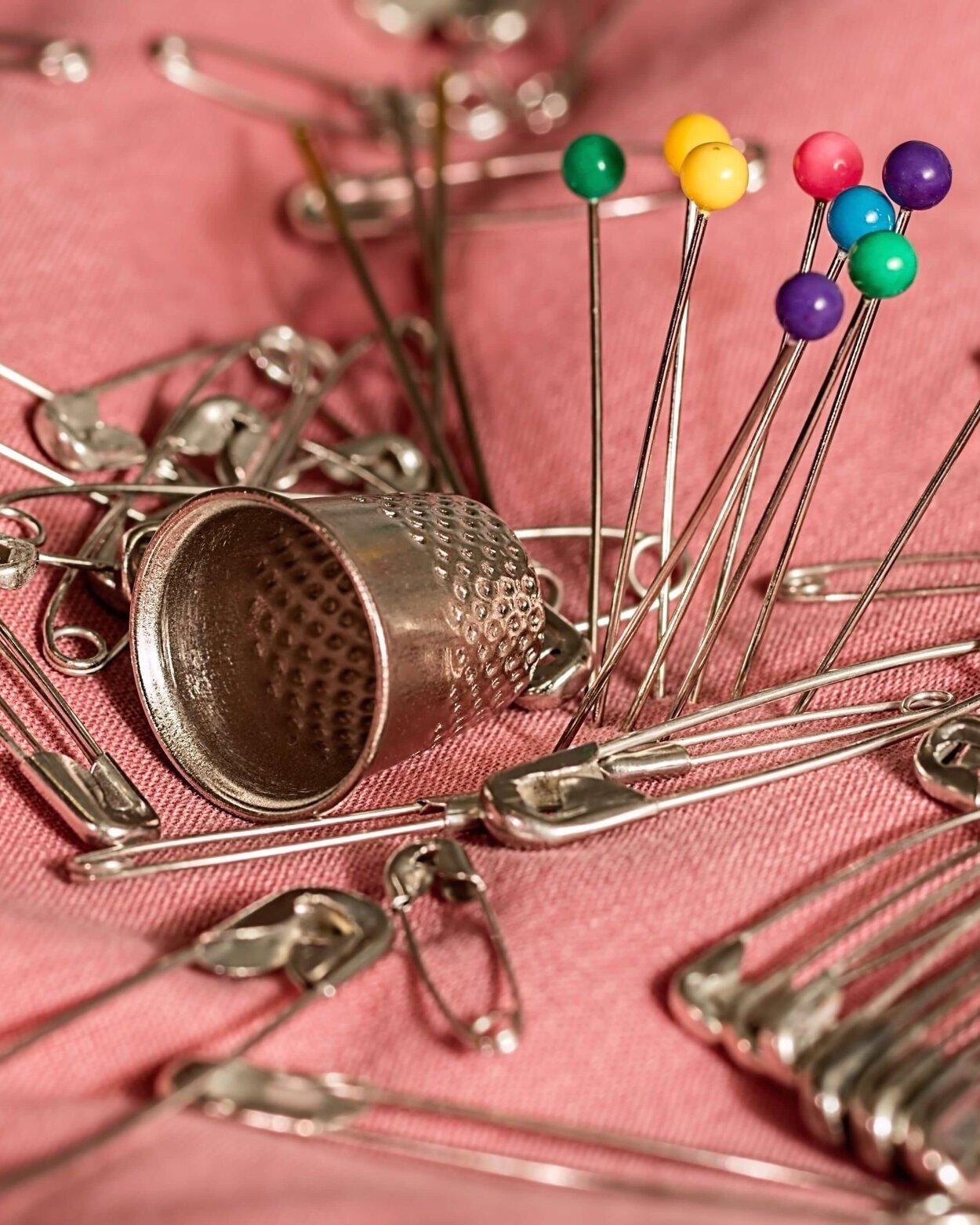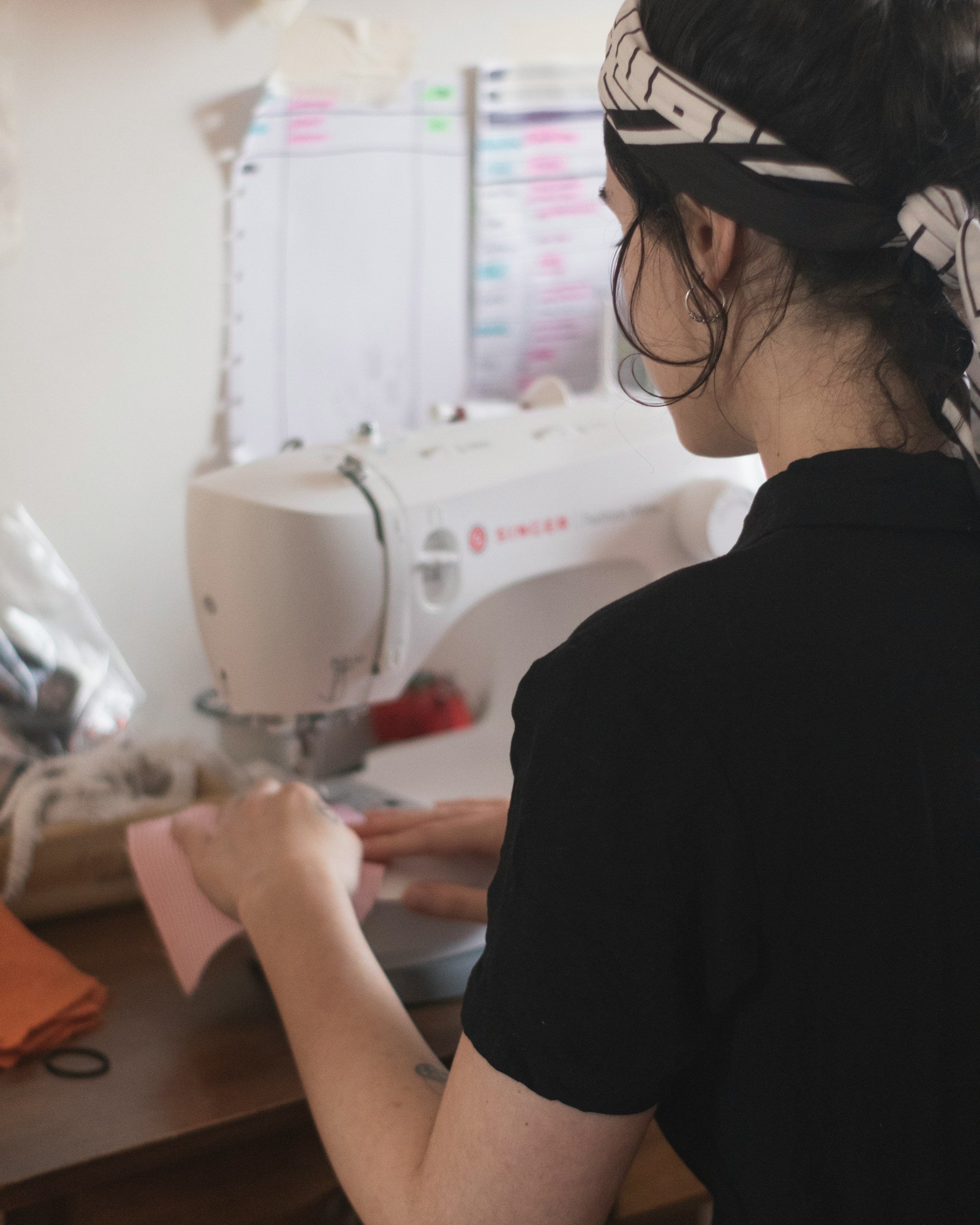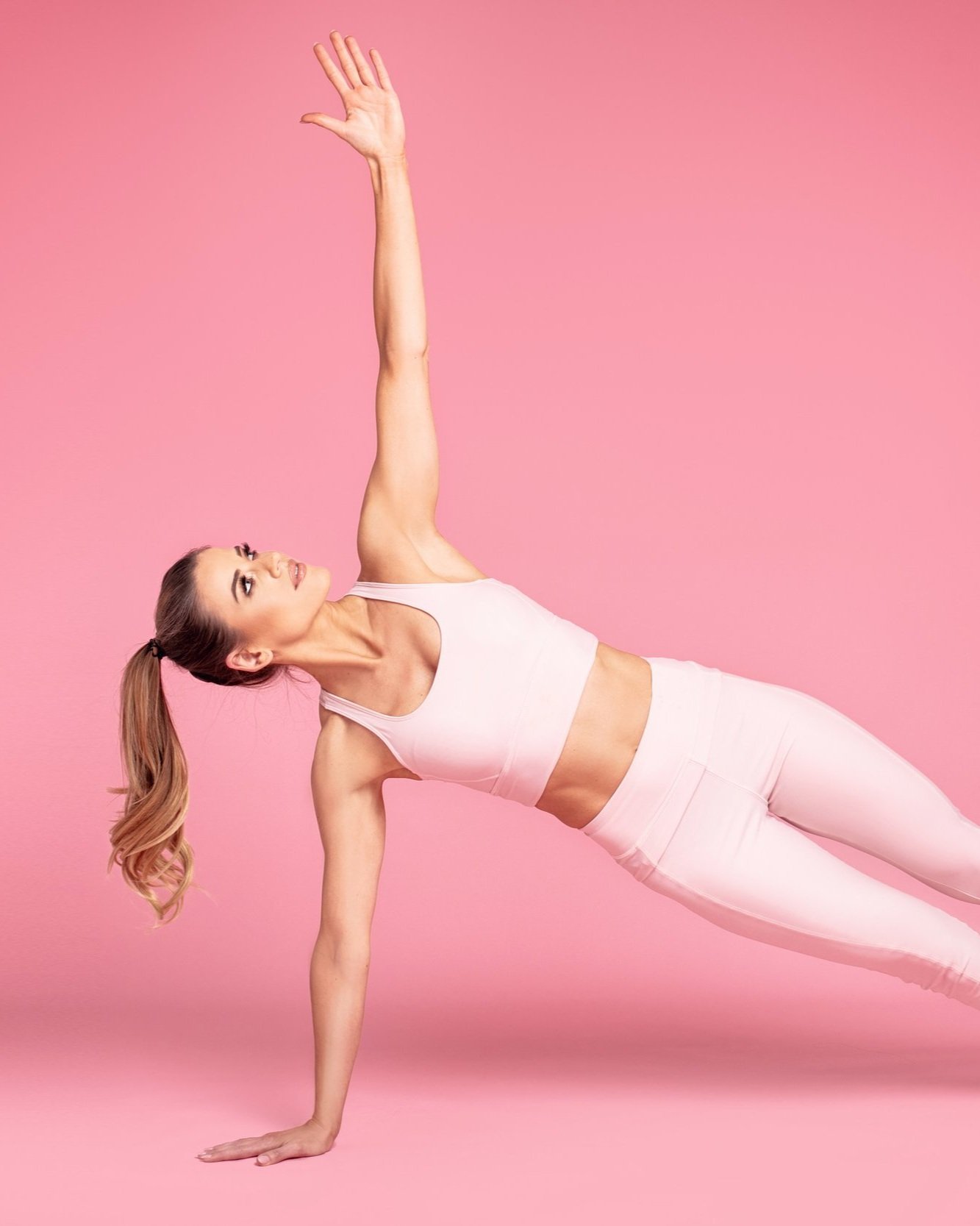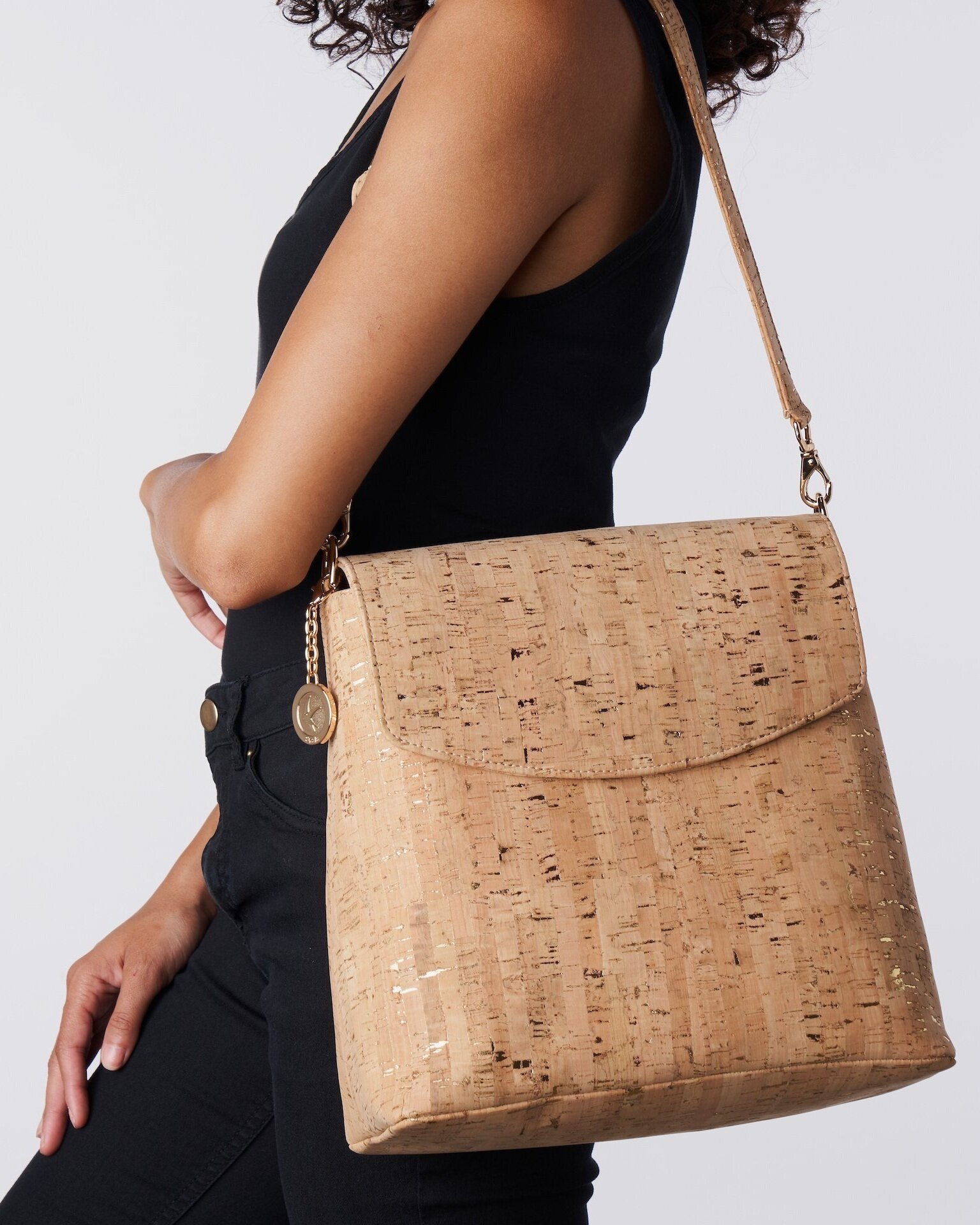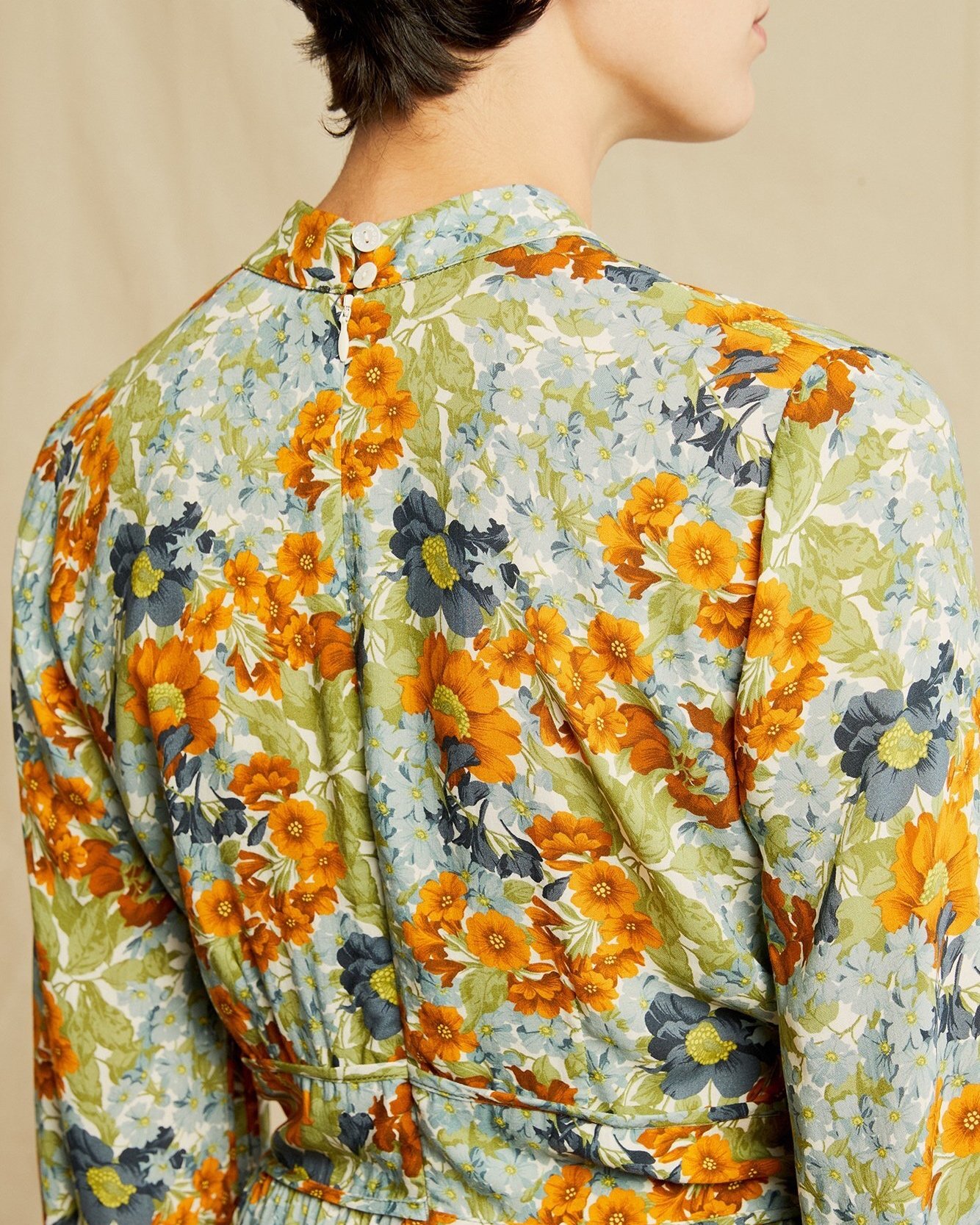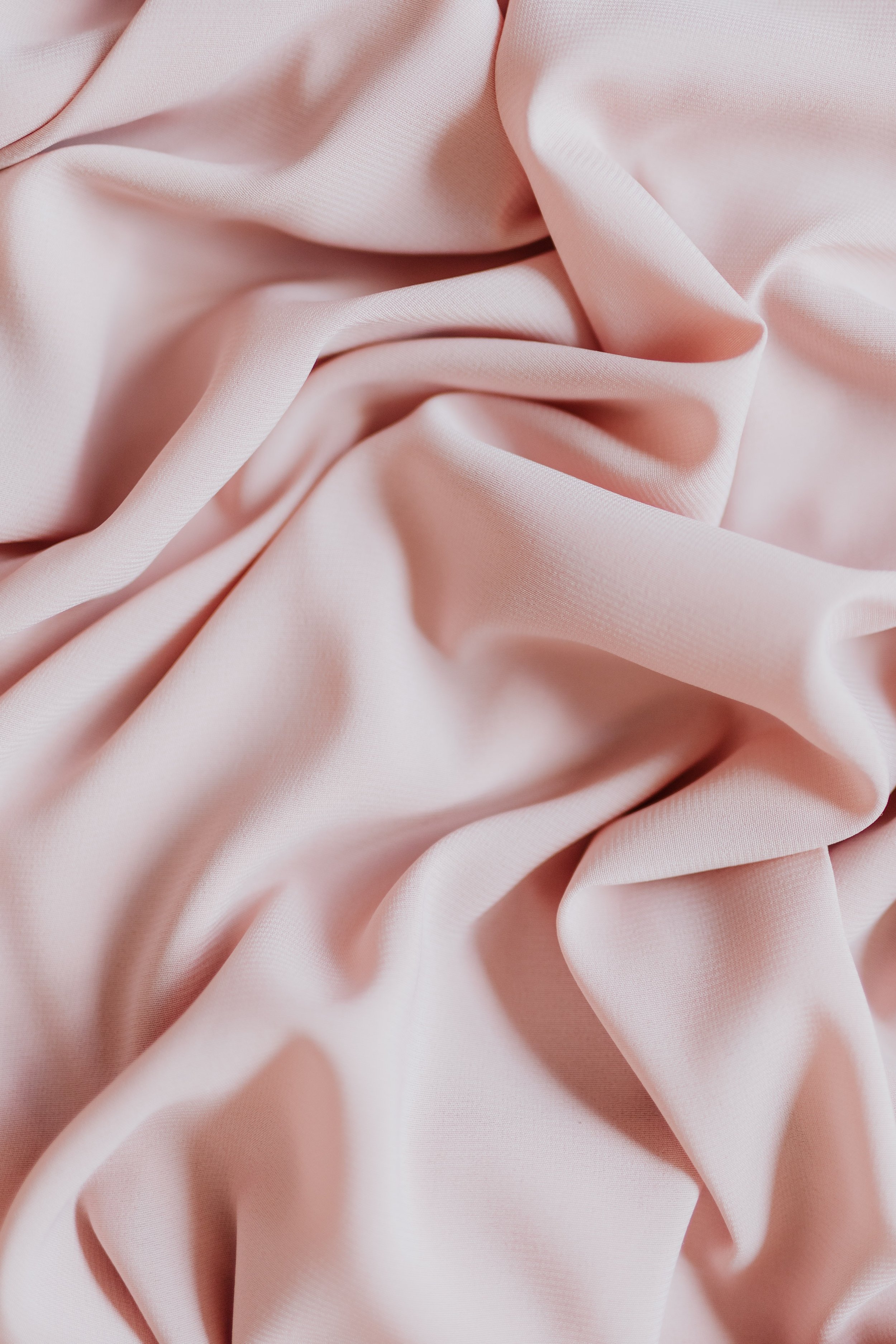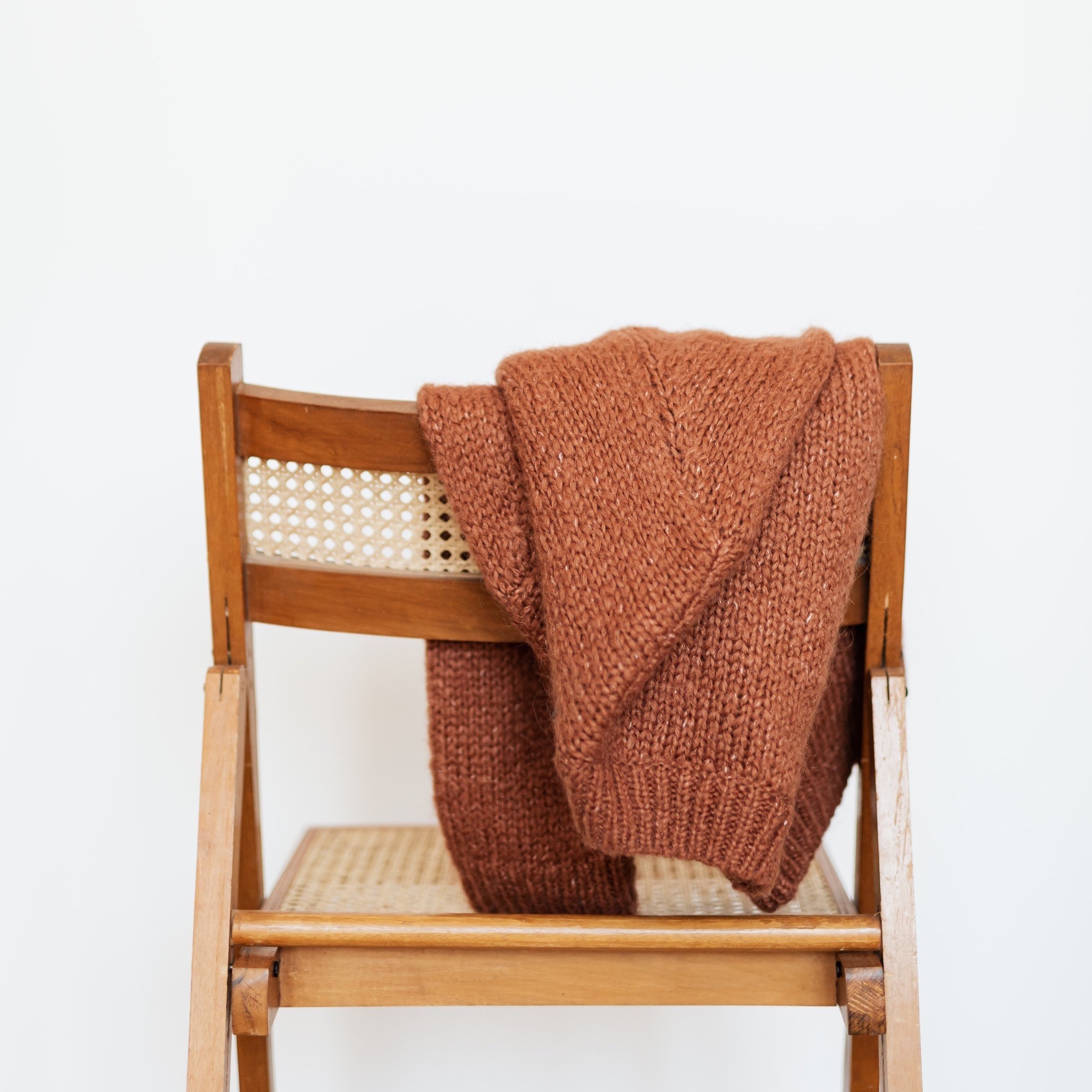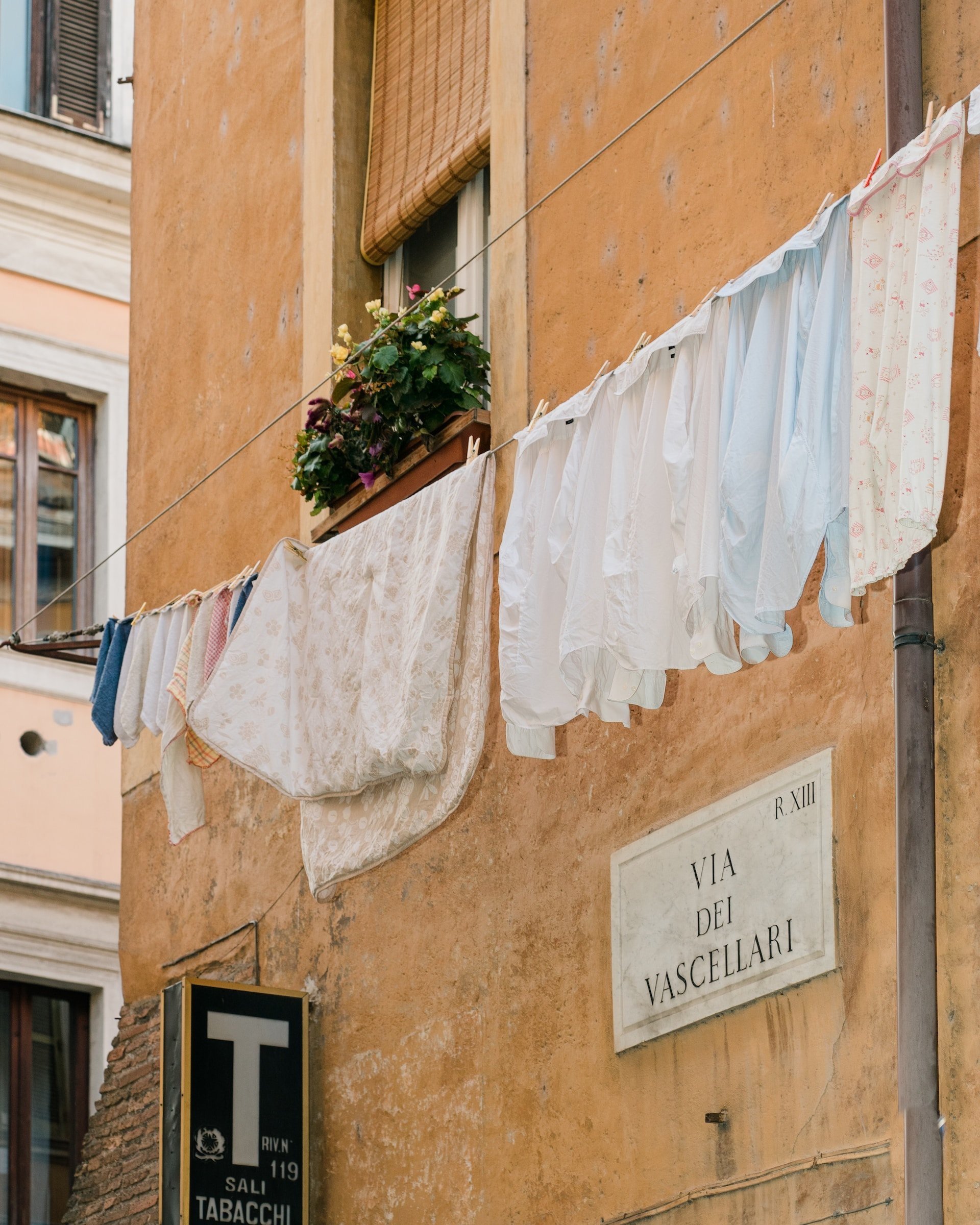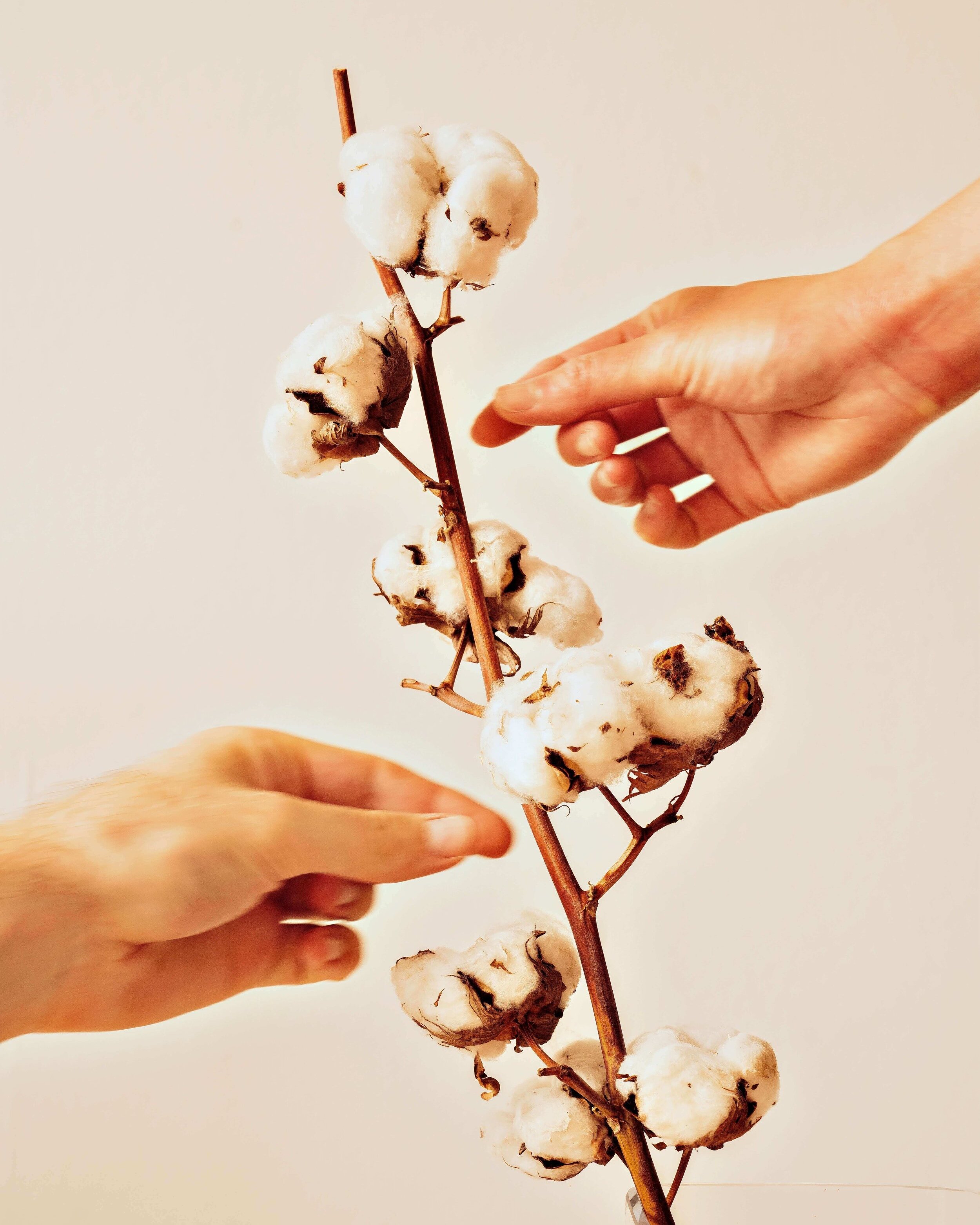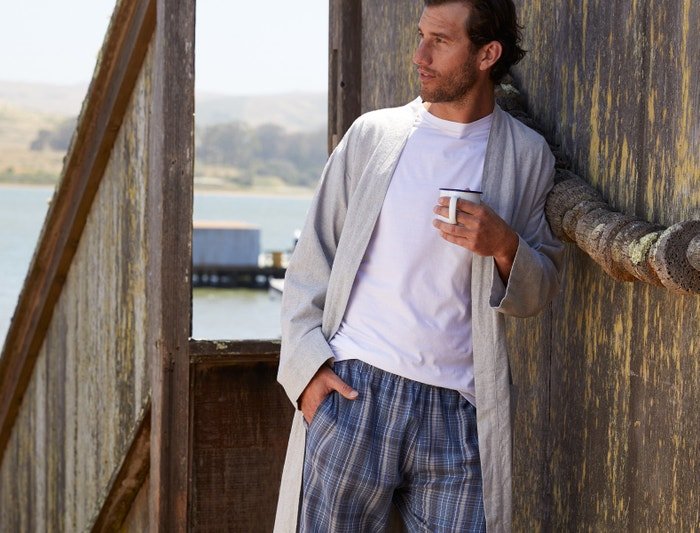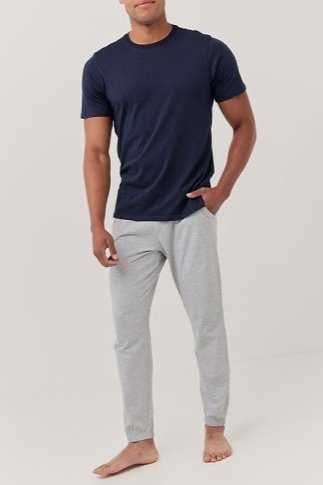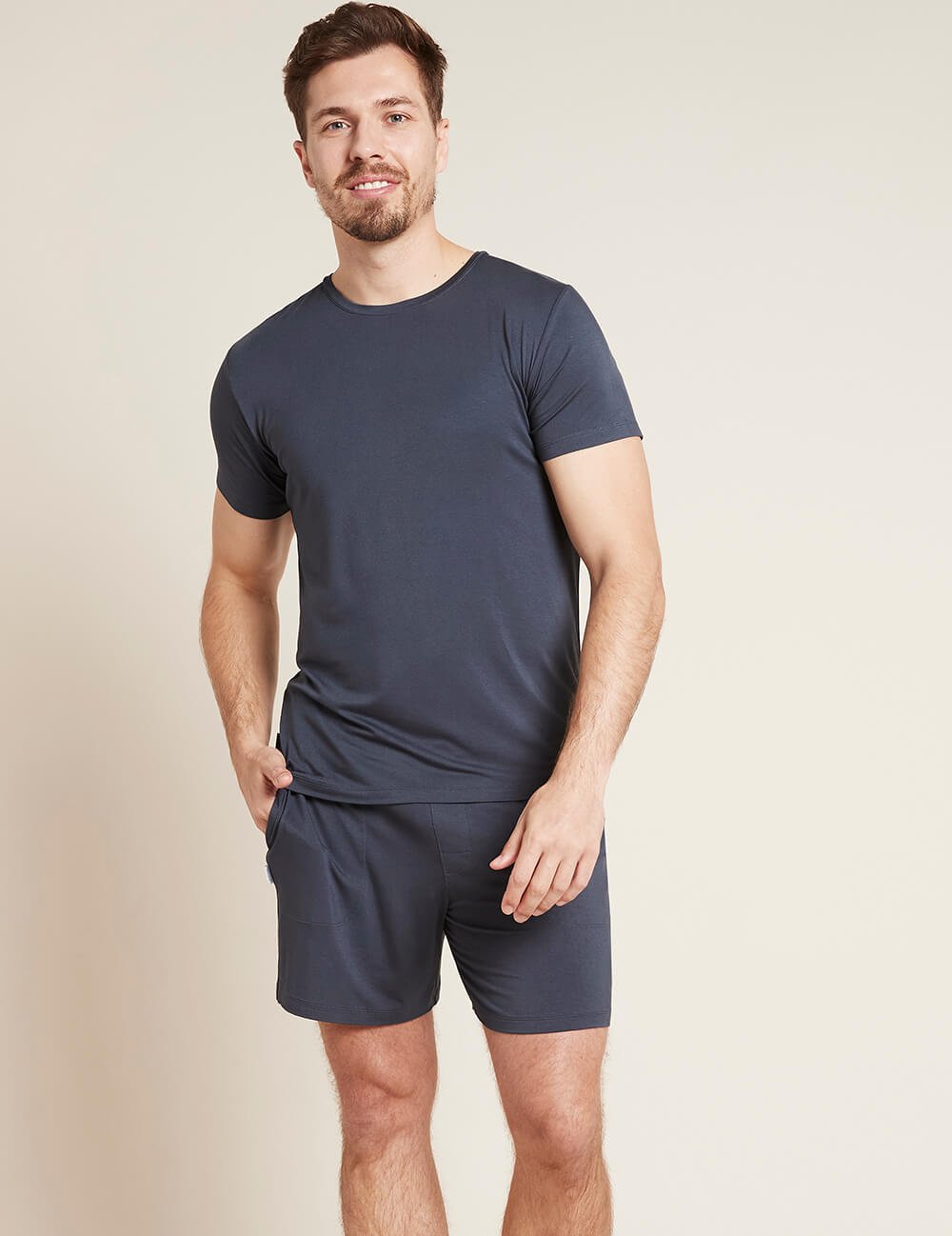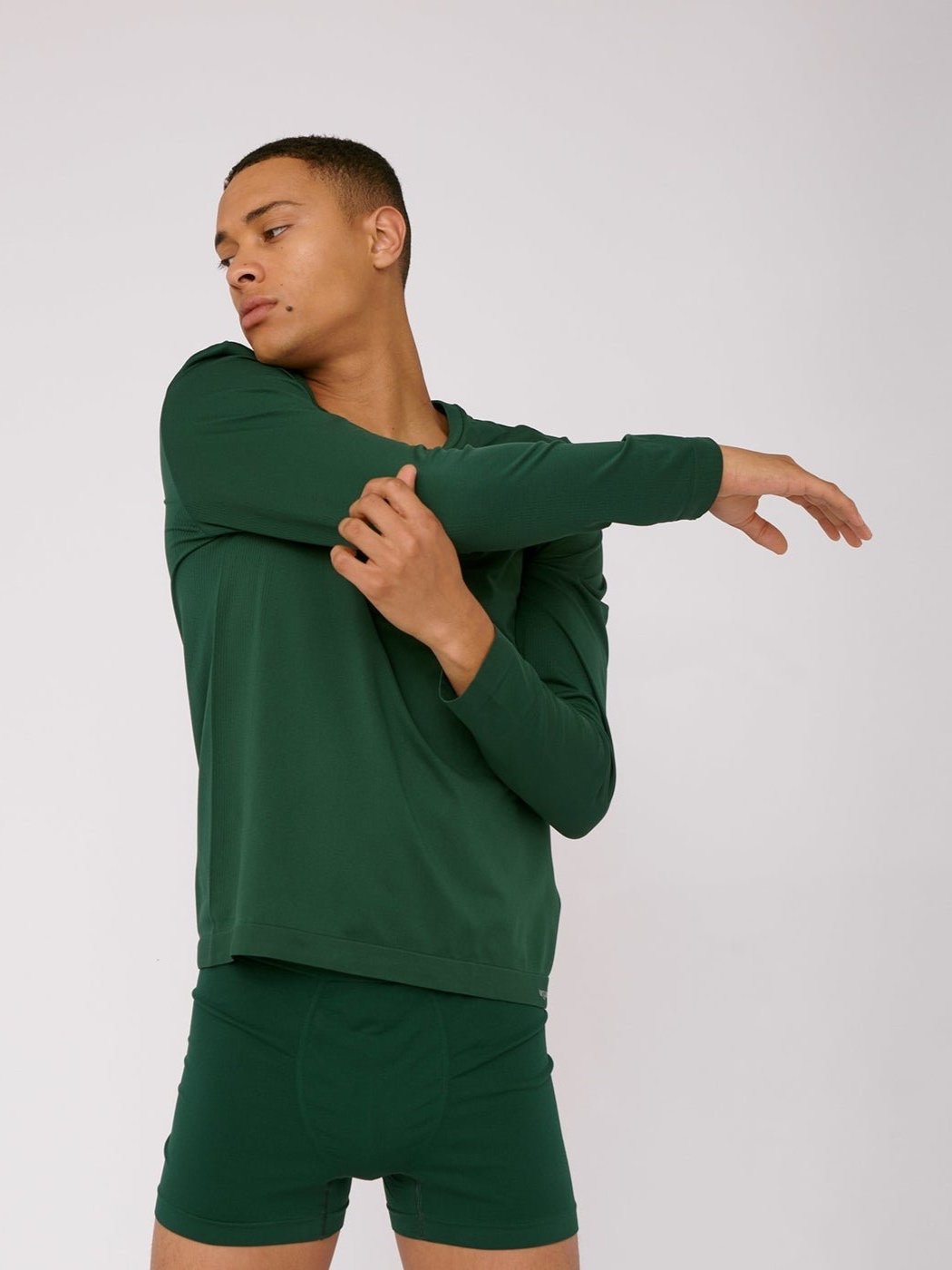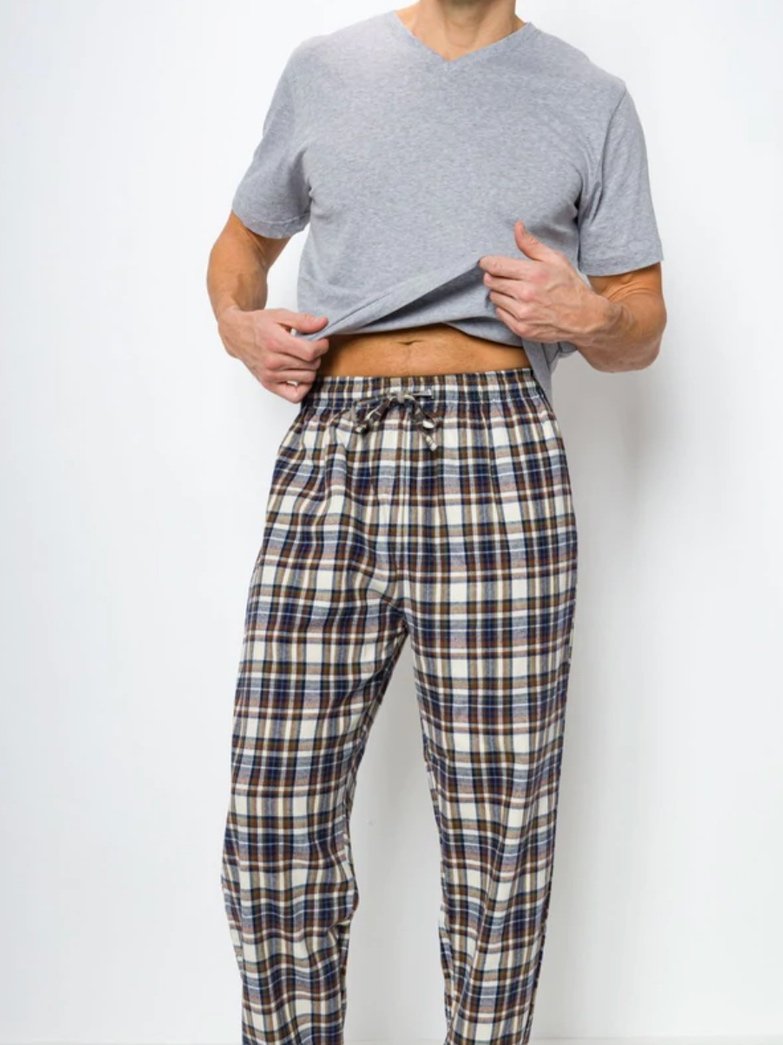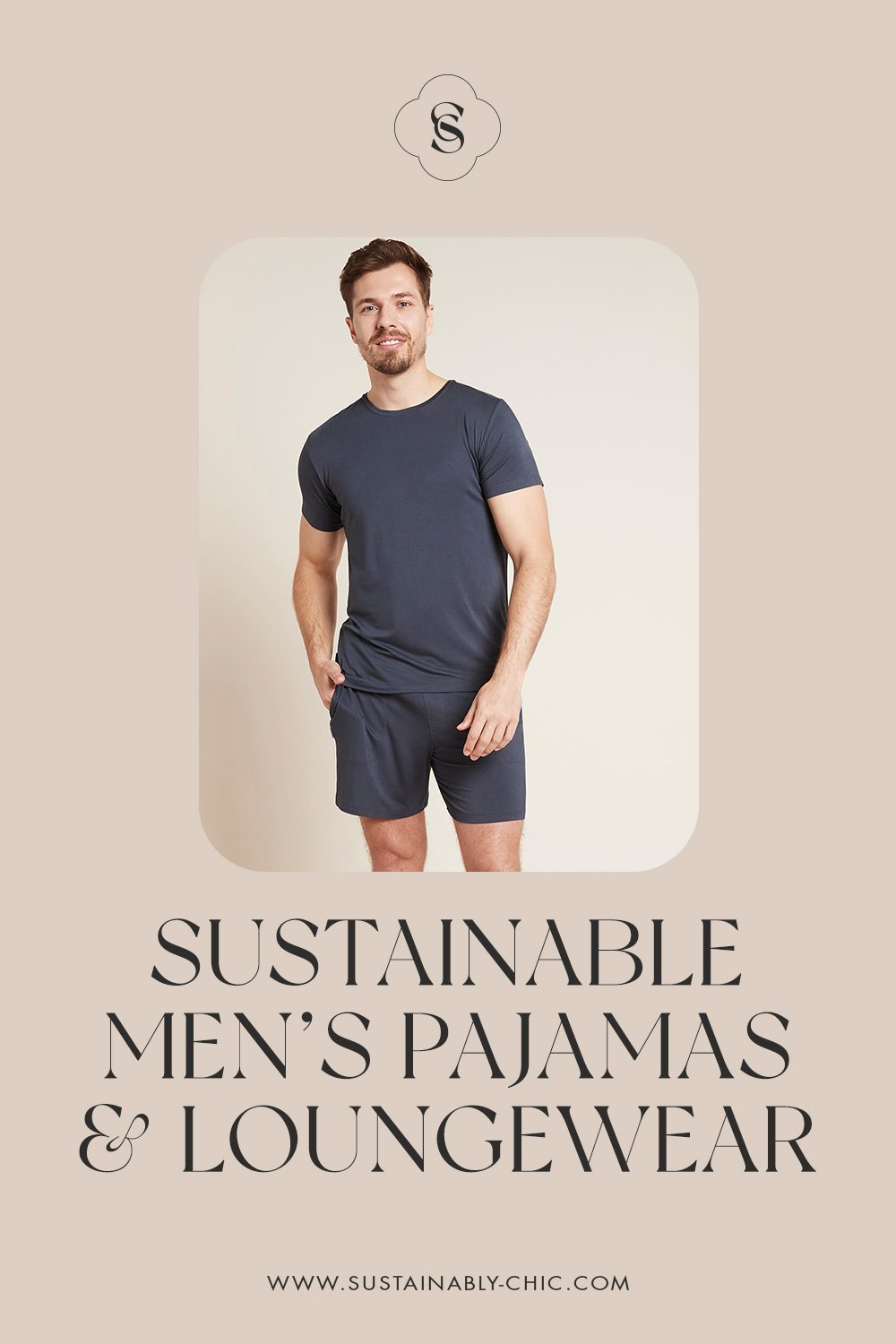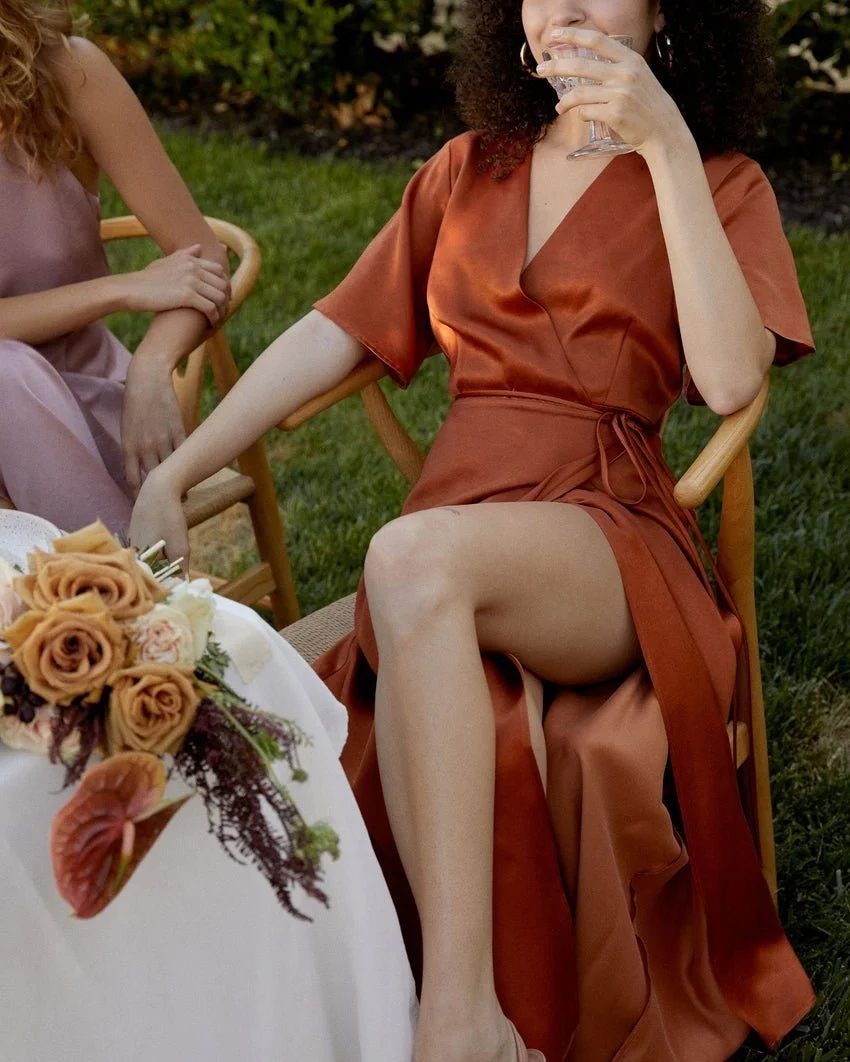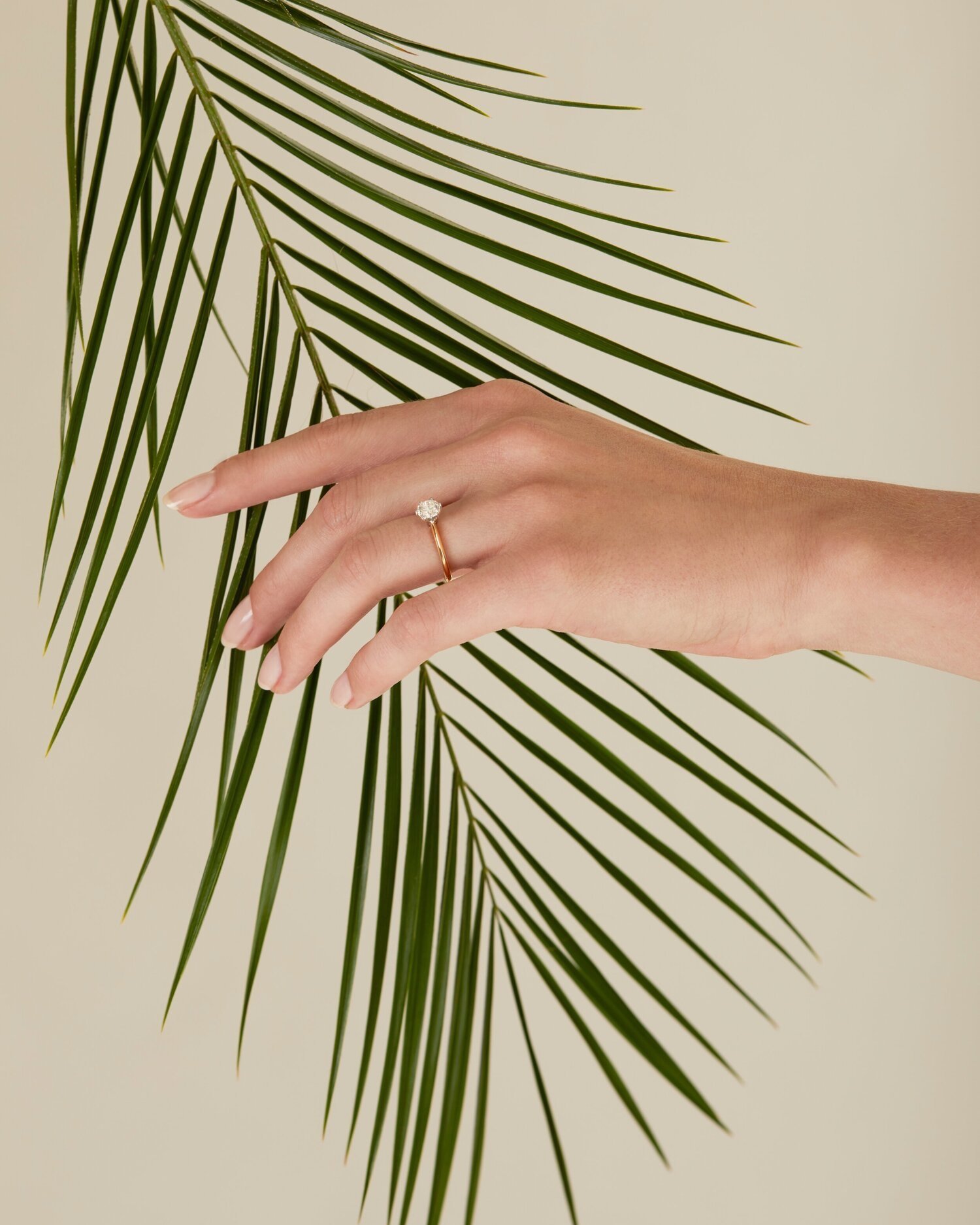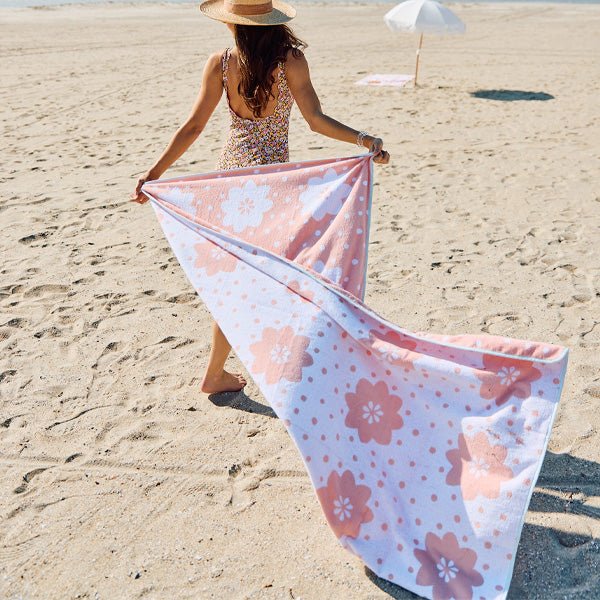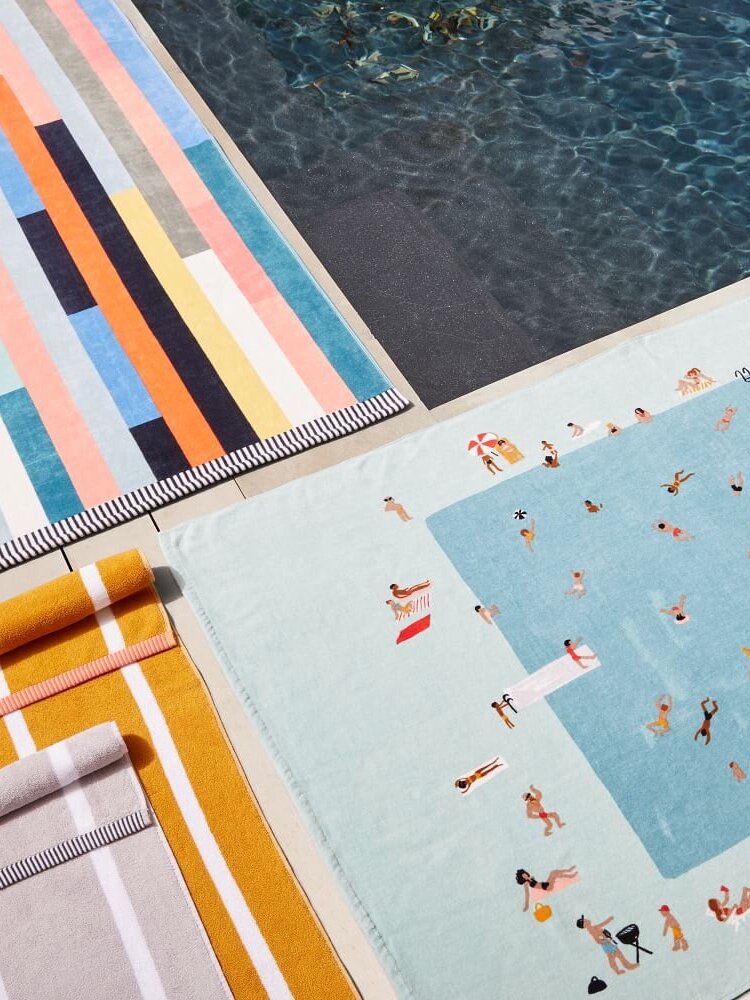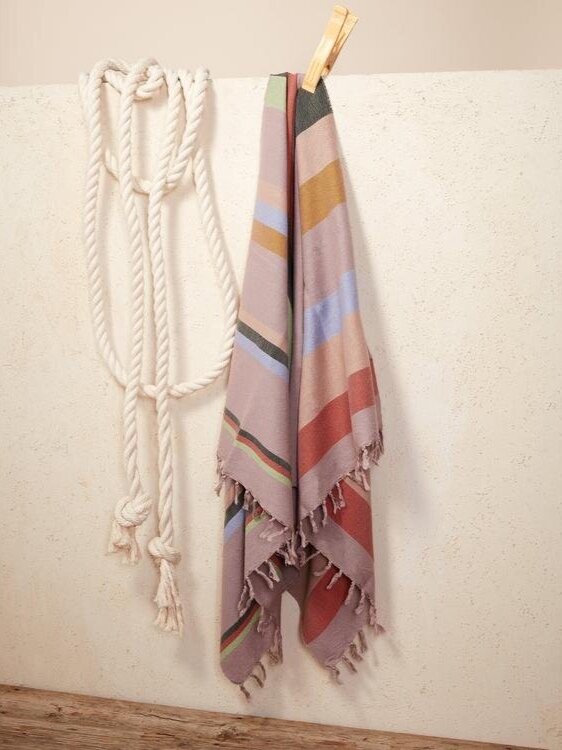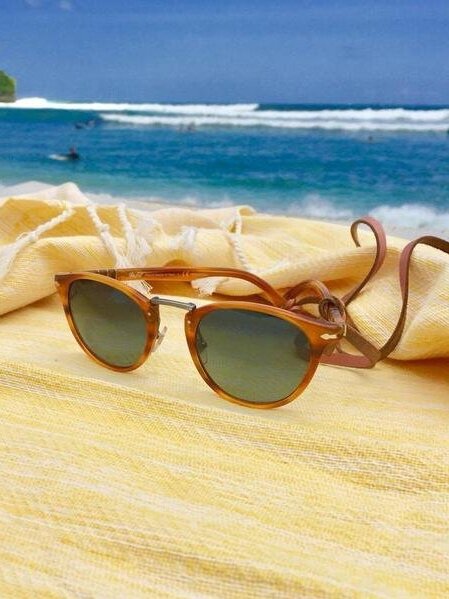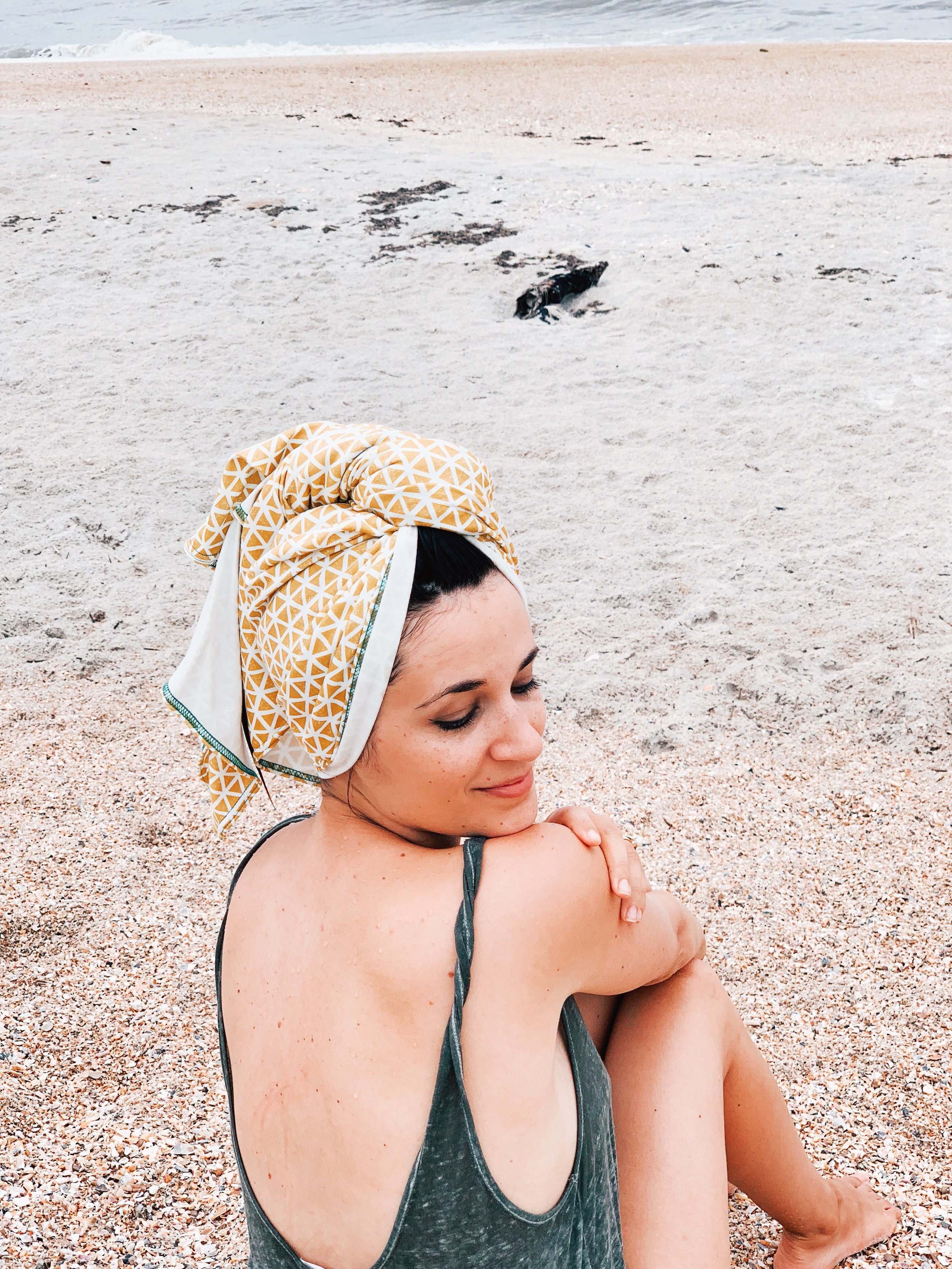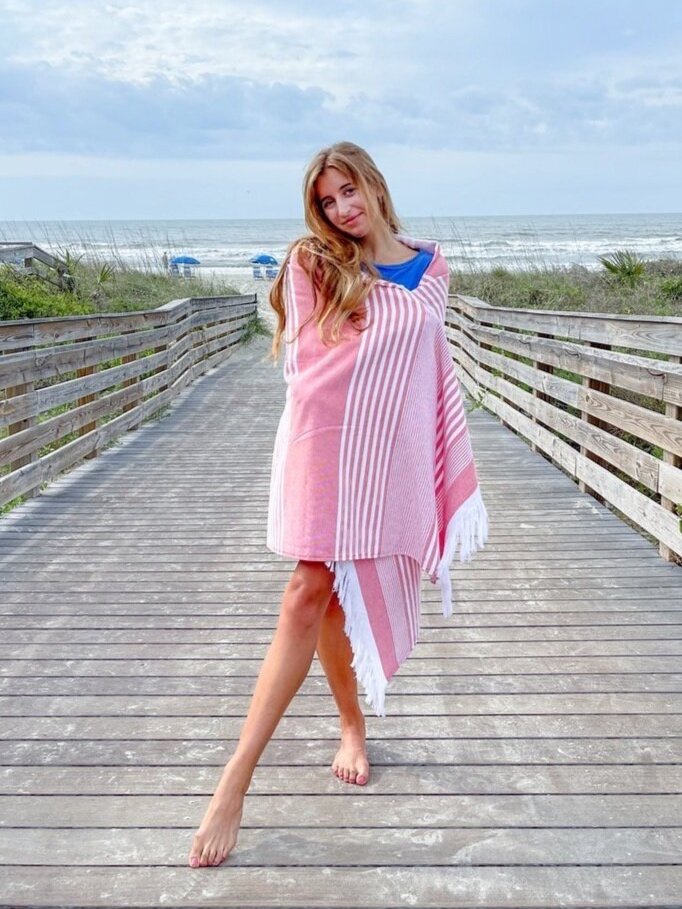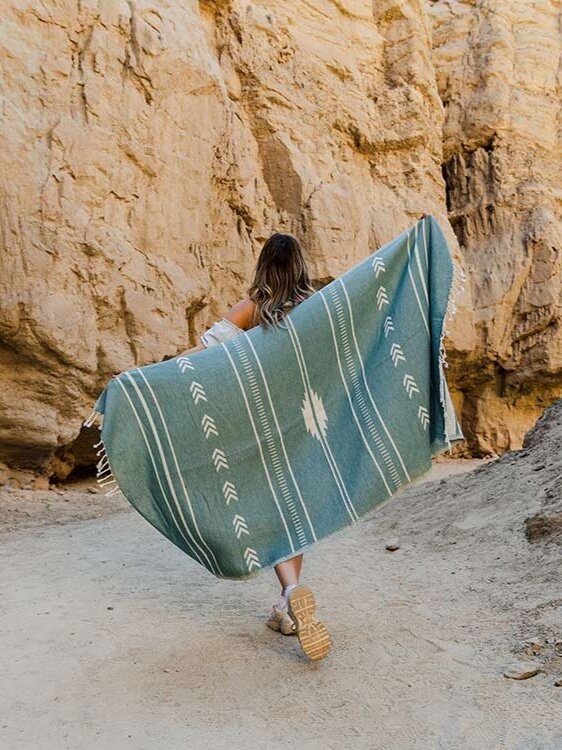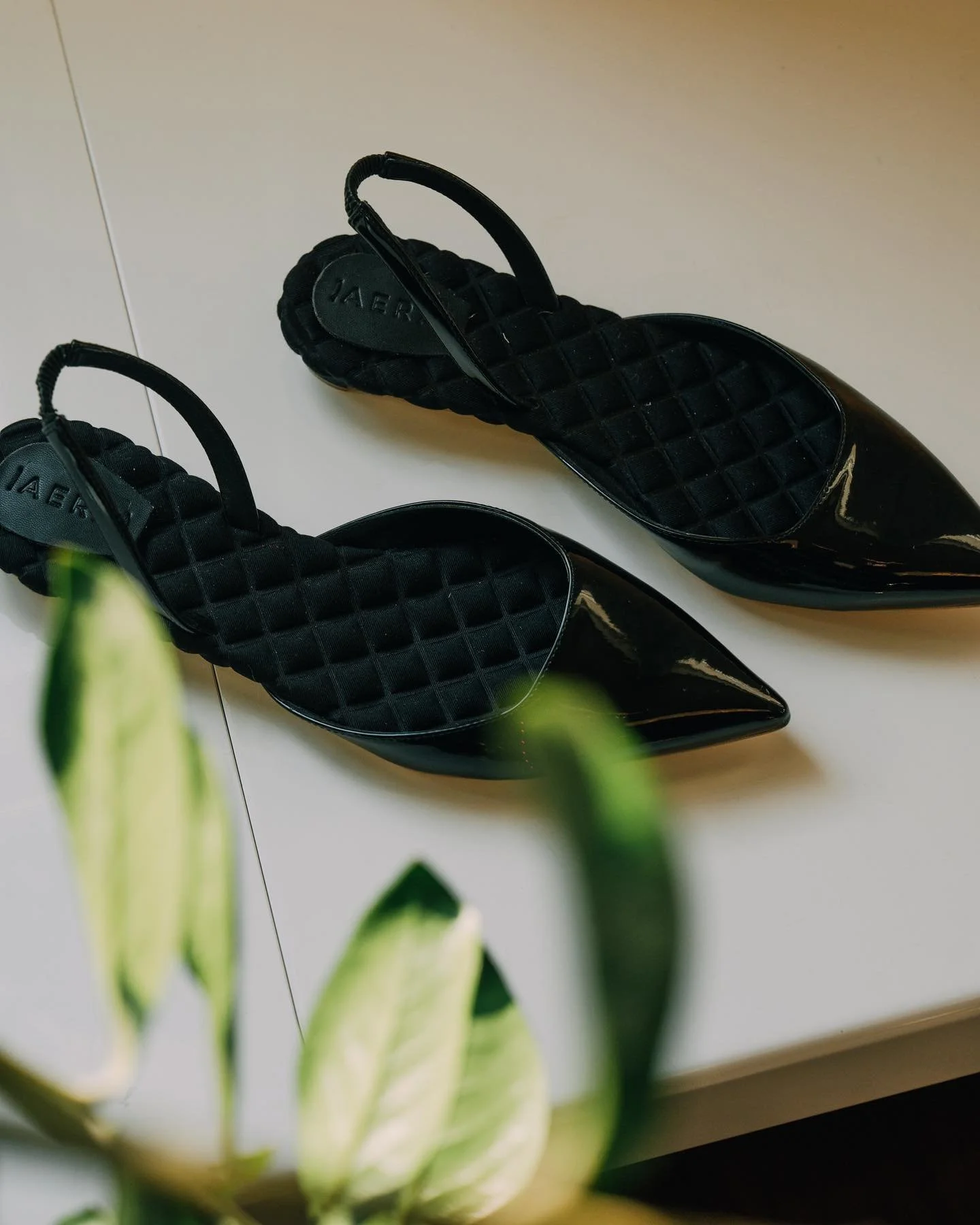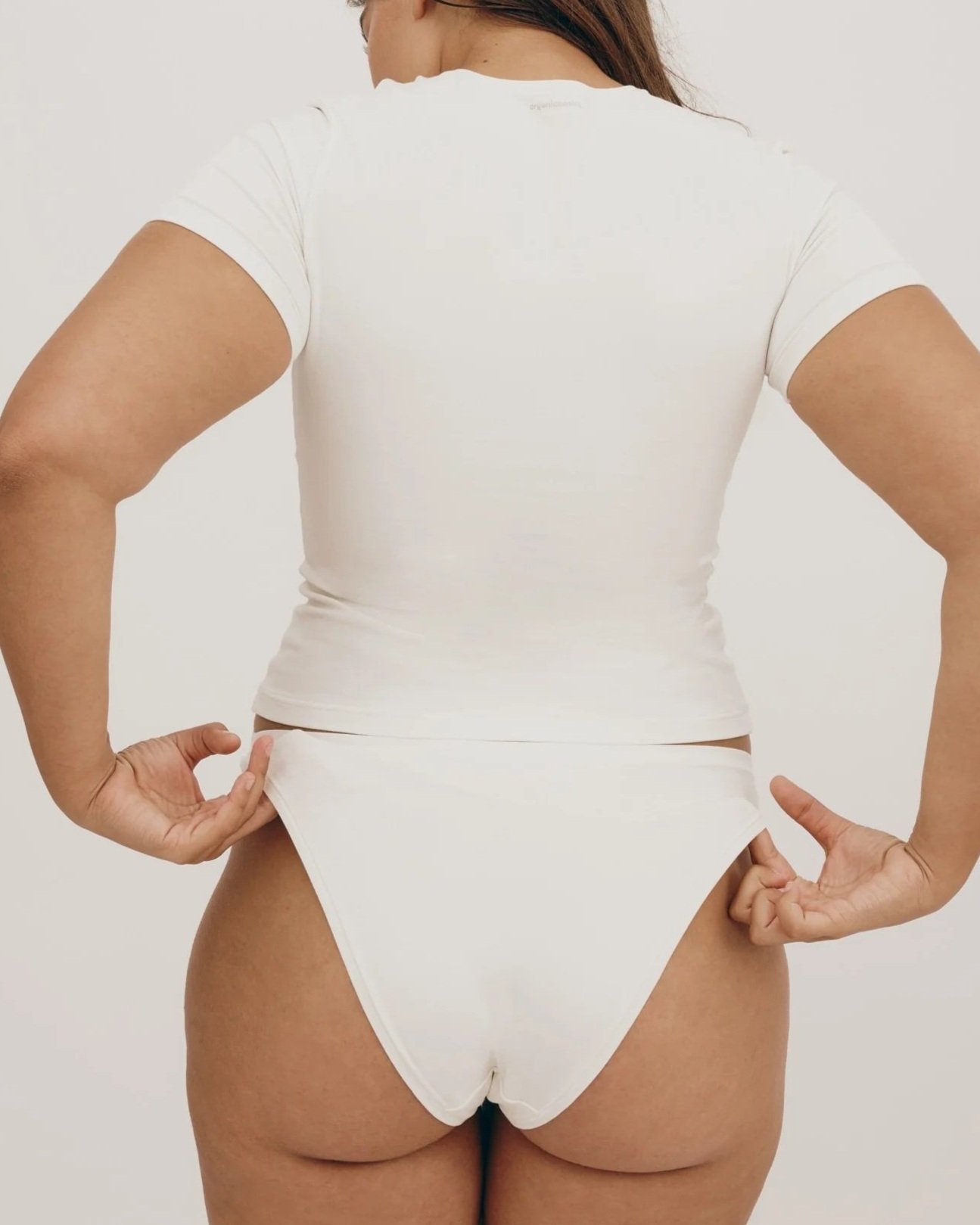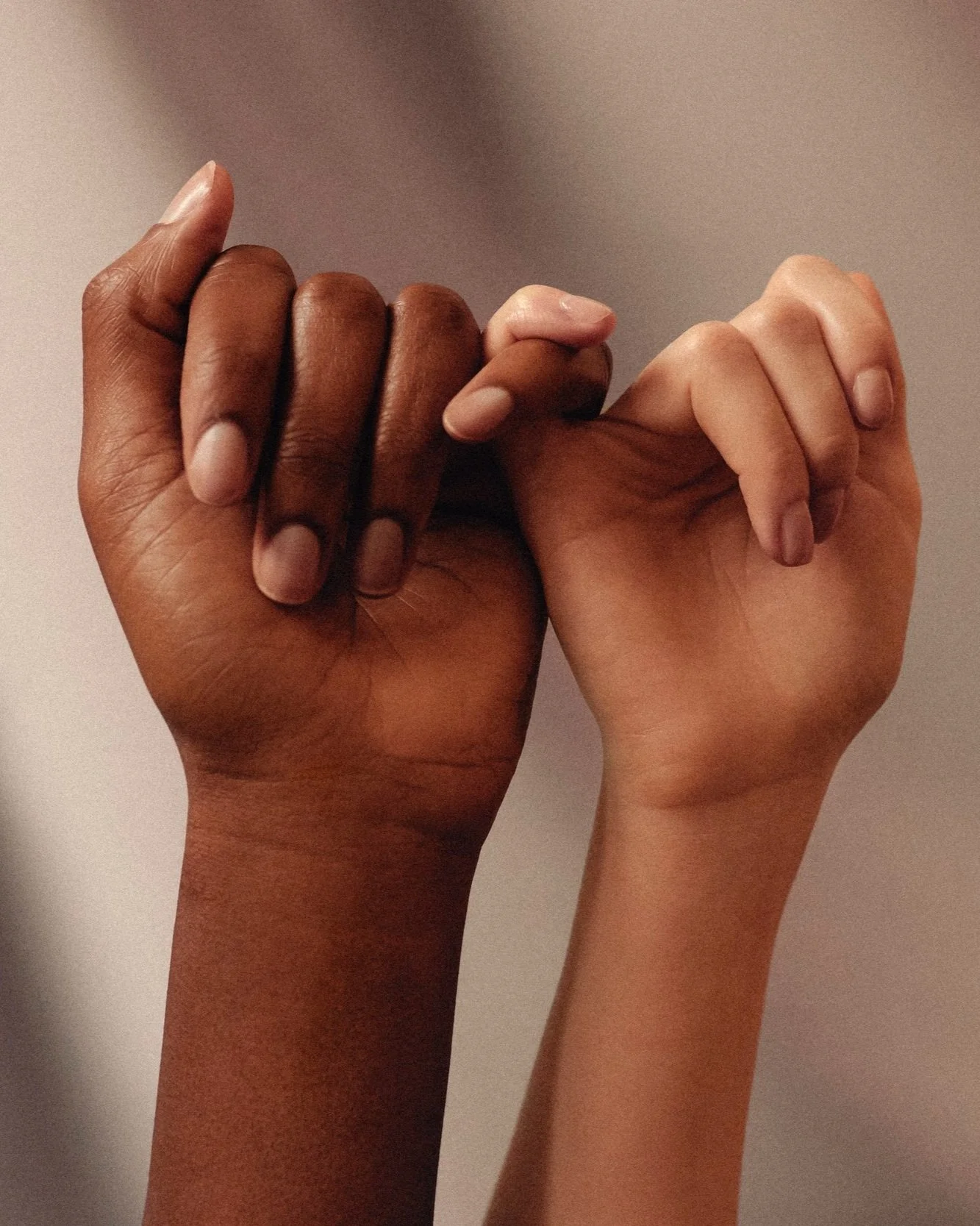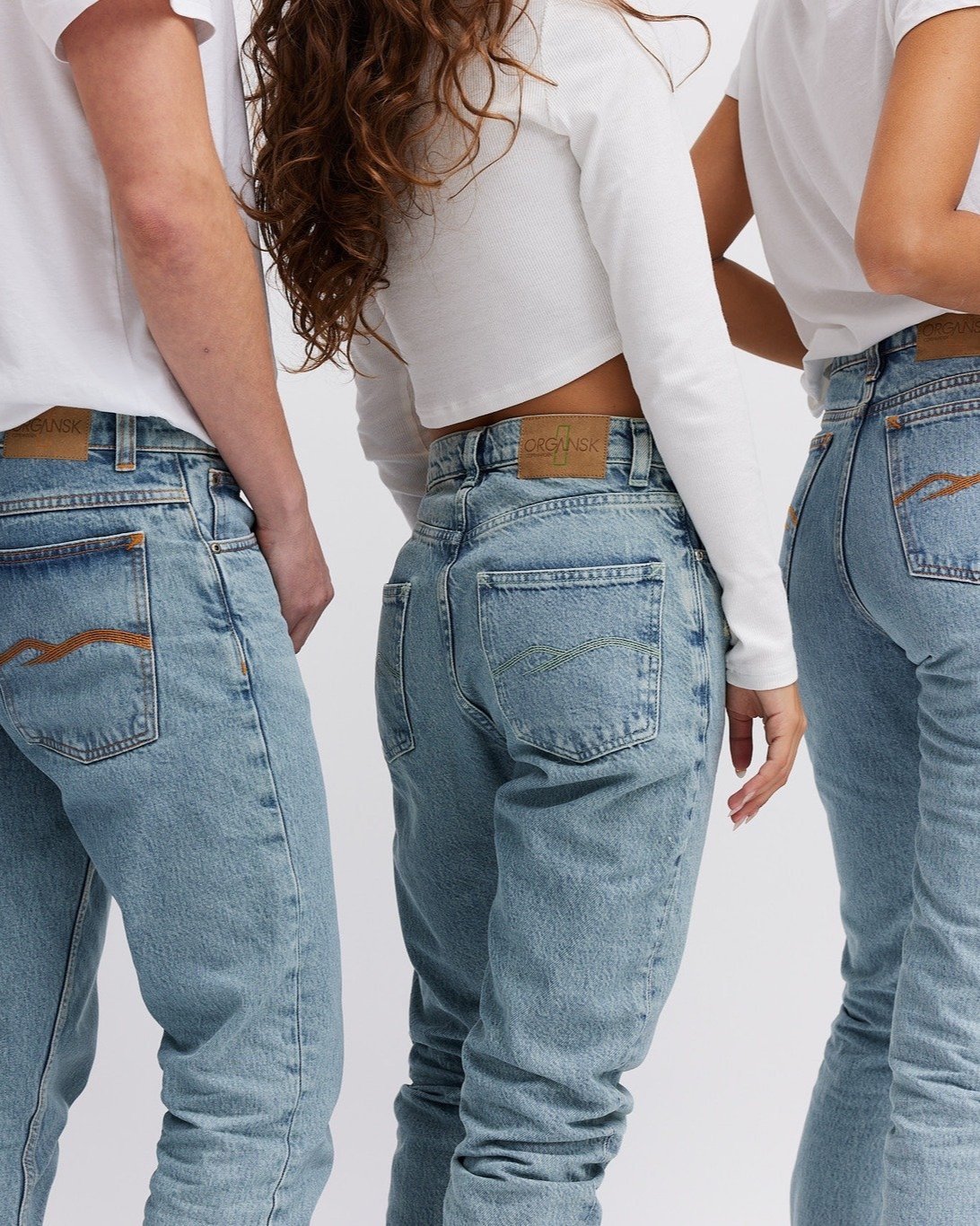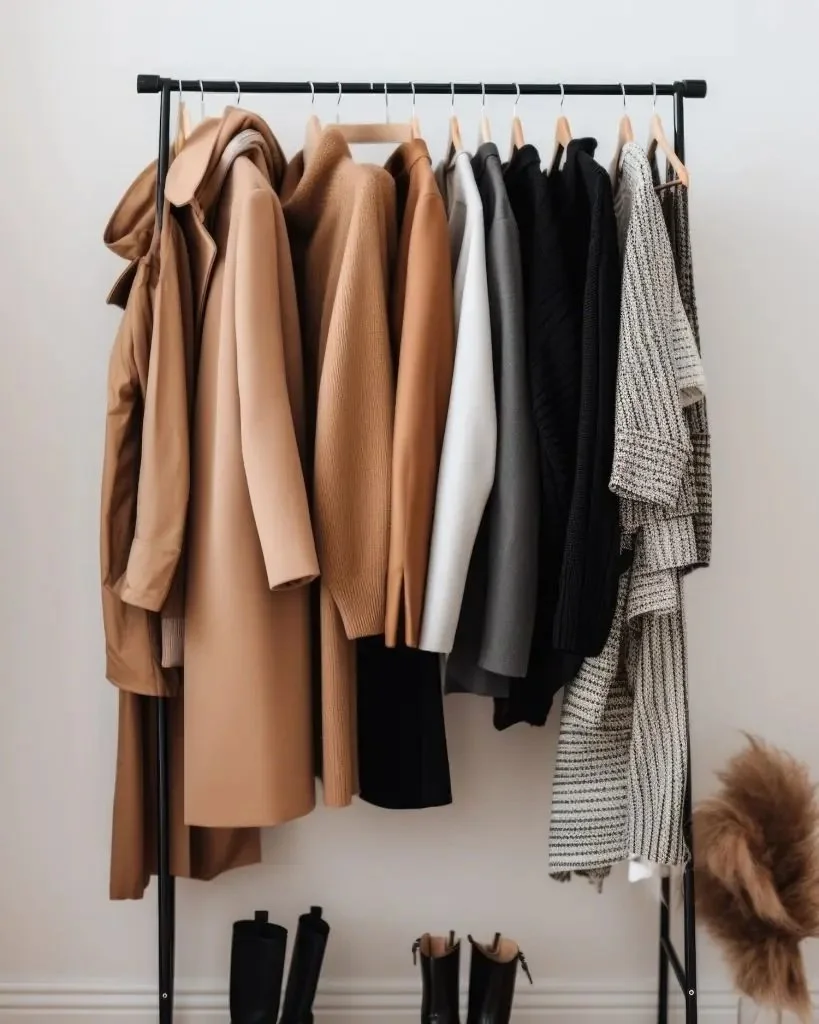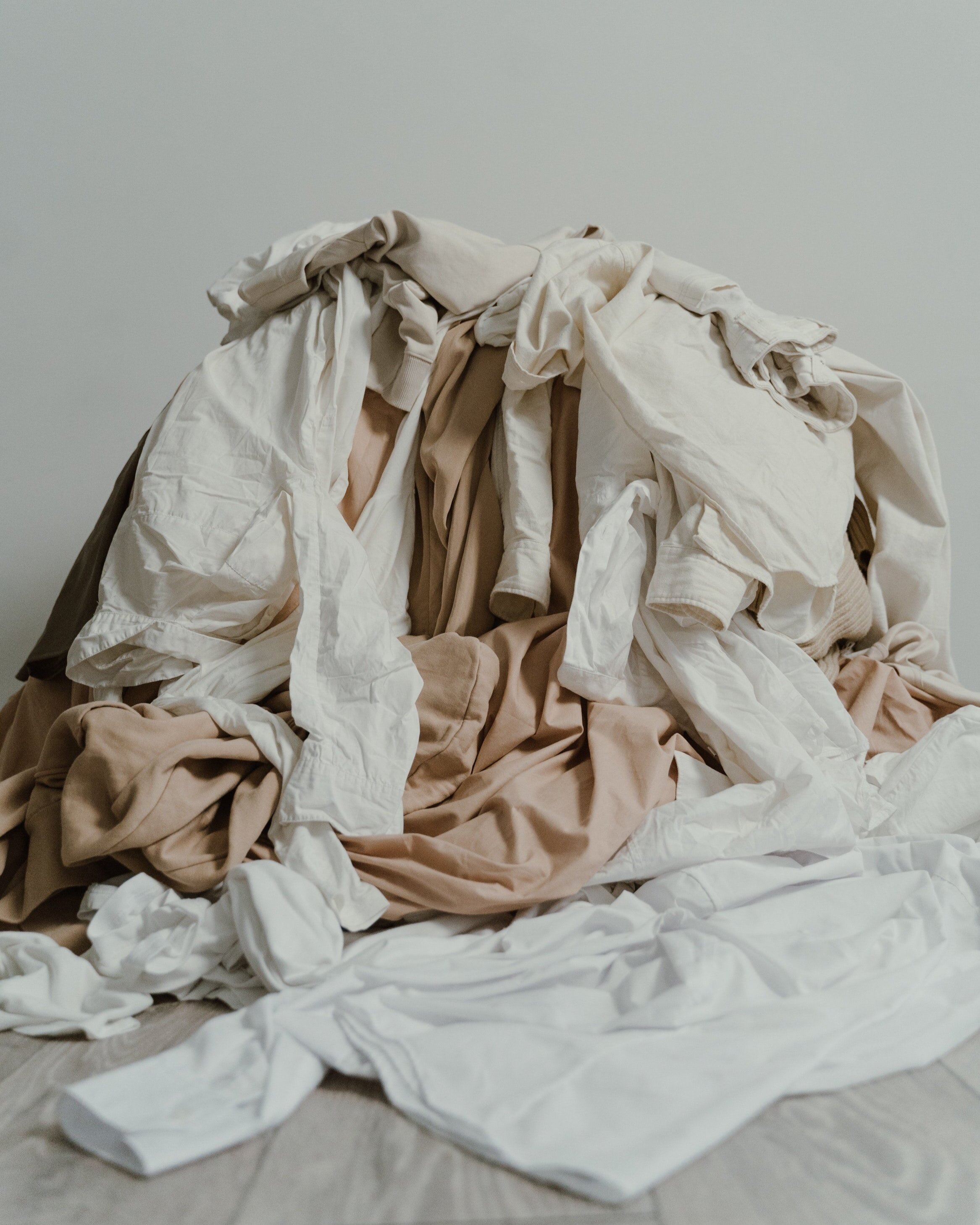Image: Allegorie
Disclosure: Some of the links below are affiliated; we may earn a small commission if you click through and make a purchase. We only add brands & products we truly believe in. Thanks for supporting the brands who are working to make the fashion industry a better place!
What is Apple Leather?
Apple leather is a vegan leather-like material that is completely free from animals, making it the perfect material for anyone who particularly loves cute, fluffy cows. The material was developed by Frumat and is made by Mabel, an Italian manufacturer. Relatively new, the material, which is officially named Apple Skin, was first made into bags in 2019.
How is apple leather made?
Apple leather is a bio-based material, meaning that it is partly biological: natural, organic. In the Tyrol region of northern Italy, an enormous amount of apples are grown. These apples are pulverised into delicious juice, and made into jams. When making juice or jam, the seeds, stalks and skins of apples can’t be used. Before apple leather came to be, these ‘left-overs’ were simply discarded, unuseable by the industry.
Today, Frumat collects these otherwise wasted fruit scraps and turns them into a fashionable material. The left-overs, like the apples turned to juice, are crushed, and then naturally dried into a fine powder. This powder is blended with a kind of resin that is, essentially, dried and laid flat into a final material -- apple leather.
Up to 50% of the final material is apples, and the remaining material is the resin, which basically coats and holds together the powder. This resin is what makes up conventional synthetic leather, and it’s called polyurethane.
Is apple leather sustainable?
Apple leather is half synthetic, half bio-based, so is it sustainable? When we consider this, it’s important to understand the environmental impact of other comparable materials. According to data from the Sustainable Apparel Coalition (SAC), the most common leather, cow skin leather, is the third most negatively impactful material to produce. This is the case according to SAC’s index, which considers climate, water scarcity, fossil fuel use, eutrophication, and chemistry. It might be surprising, but even polyurethane synthetic leather has less than half that impact.
As a fully synthetic, fossil fuel-derived material, polyurethane synthetic leather is less sustainable than apple leather, even if it is less impactful to produce than cow skin leather. It’s a spectrum of sustainability. Apple skin leather is the most eco-friendly of these, partly because it requires fewer fossil fuels than both animal and purely synthetic leather. That’s always a good thing, considering the terrible impact mining for fossil fuels has on our warming planet.
Apple skin also has the added benefit of making use of fruit material that would otherwise be wasted. The same could be said for animal skins in the meat industry; however, we know that animal skins are highly valuable to this slaughtering system, and that raising cattle is extremely harmful because of the greenhouse gas emissions and land degradation associated with it. Comparatively, apple production is far less harmful, so it is a better industry to fund and make material from.
Image: Allegorie
Apple leather and ethics
When we consider sustainability, we should also consider ethics. Sustainability simply means we are able to continue doing or producing something for a long time -- because we are using what we have in a responsible way, because it won’t run out, and because production won’t harm the planet or those living on it. Apple leather supports the fruit industry, and this is a positive thing. Everyone loves fruit! On the other hand, one of the main competitors of apple leather is cow skin leather, which comes from an industry which is documented not only to be responsible for an enormous amount of deforestation, but for the exploitation of cattle, mutilating and killing these thinking, feeling creatures. Many people would not consider this harm against animals we share the planet with as responsible or sustainable, being conscious of their right to protection and freedom. While not everyone feels this to be the case, it is, at the very least, something for everyone to consider.
The cons of apple leather
All that said, apple leather is still 50% fossil-fuel derived, being a synthetic material. This also means it won’t biodegrade. Most leather-like materials do not fully biodegrade (with the exception of cork, and some materials which aren’t available to market at a significant scale). According to Tannery Magazine data, cow skin leather doesn’t effectively biodegrade either, even when vegetable tanned.
This isn’t ideal, because one day, if the bags, shoes or wallets these materials make up are discarded, they will become pollutive rubbish. It’s important to consider here, though, that if we are purchasing high-quality materials, sewn and made into high-quality pieces, we can have our bags and shoes for many years to come and even hand them down. While some synthetic materials are certainly of a lower quality, known to peel and crack, high quality synthetics are solid and long-lasting specifically because they are synthetic, and so prone to break down.
As innovation in the fashion industry continues, we’re likely to see more materials that not only are free from all fossil-fuels and animals, but that can biodegrade while still lasting as effectively as other materials.
Where to buy apple leather bags, shoes, and accessories
There are plenty of innovative brands that are making shoes, bags and accessories made of apple leather to a high-quality standard in ethical supply chains. Here are some of our favorites:
Dooeys
Dooeys house shoes are not your average slippers. Not only are they made from 100% vegan plant-based materials (including apple leather), but they are also very comfortable, supportive & beautiful! Dooeys is also a woman-owned and run brand that offsets its carbon emissions by giving back to multiple environmental organizations. They are named after the Dutch word “doei” which means an enthusiastic goodbye.
code: SUSTAINABLYCHIC10 for 10% off
Veerah
This New York-designed, Guangdong-made shoe label is proudly animal-free, transparent, and ethically made.
The brand releases impact reports on their ethics and sustainability, and uses a host of beautiful materials like apple leather, recycled plastic, and even algae-based materials to make their signature stilettos, boots, sandals and fun shoe accessories.
code: sustainablychic for 20% off
Good Guys Don't Wear Leather
This Parisian-designed shoe brand has always been at the foreground of cruelty-free design.
All shoes, of which some are made of apple leather, are made in European, fair production environments.
You can find apple leather designs for both men and women, be they boots, sandals, or something else!
Komrads
This sneaker brand is dedicated to creating shoes worn by people who love the planet.
Using apple leather for their upper material, alongside recycled rubber soles, recycled cotton and plastic bottle lining and laces, this brand is doing it right.
Their classic sneakers are ethically made in Slovakia and independently scored on their environmental and social impact.
Nae
Nae is a Portuguese vegan footwear brand making shoes and accessories with natural, recycled, and sustainable materials.
We love the Zinnia Black Vegan Heels and handbag (both made from apple leather) shown here!
The brand ships its shoes and handbags in recycled packaging that is also 100% recyclable.
Matt & Nat
This brand has been a leader in vegan handbags for many years and now has a line made with Appleskin! Its gorgeous apple leather collection features totes, crossbody bags, shoulder bags, wallets, and more. Matt & Nat is a Canadian vegan brand committed to designing high-quality, timeless products without using leather or other animal-based materials. All its products are vegan and cruelty-free.
Allégorie
A proudly woman-owned and managed brand, Allégorie is socially responsible and sustainable when creating their timeless wallets, card holders and bags.
Making use of apple leather, alongside cactus and mango leather, these accessories are crafted in the heart of New York City, and made to last.
You can read more about Allegorie here!
Marhen J.
A vegan Korean fashion brand, MARHEN.J comes from a Spanish derivation‘MARGEN’ which means 'composure, relaxation'. Their practical designs come in many different colors and styles.
MARHEN J. is ready to replace the conventional leather industry with superior artificial leather technology - and, of course, apple leather!
& we are in love with this sweet saddle bag!
Mianqa
If you are looking for fun colors, then this is your brand! Mianqa is a contemporary fashion brand that offers sustainable luxury bags, uses recycled materials, decreases waste, and empowers women by partnering with FSWW - an NGO in Istanbul supporting low-income women.
Besides using apple leather, their bags are also lined with fabrics recycled from pet bottles, and each bag is handcrafted at the atelier.
Samara
One of the first to use apple skin leather, this brand has a gorgeous collection featuring the material. Their crossbody bag, tote, laptop case and mini pouches all look as delicious as the apples they came from and are made ethically. The brand avoids synthetic PVC and makes use of more sustainable materials as much as possible.
Samara is also completely woman-led, with a portion of brand profits supporting a non-for-profit cause close to co-founder Salima’s heart.
About the Author
Emma Håkansson is the founder and director of Collective Fashion Justice which seeks to create a total ethics fashion system that prioritizes the life and wellbeing of non-human & human animals, as well as the planet, before profit & production. She has written countless articles on ethics, sustainability, and fashion, and has two books due out over the next two years.
MAKE SURE TO PIN THE PHOTO BELOW TO SAVE THIS POST FOR LATER!
WANT MORE SUSTAINABLE BRANDS? VISIT OUR BRAND DIRECTORY!
Our Brand Directory is home to hundreds of sustainable brands, from makeup to cleaning supplies, from underwear to shoes. We have broken everything down by category for easy shopping, along with discount codes unique to Sustainably Chic viewers.


